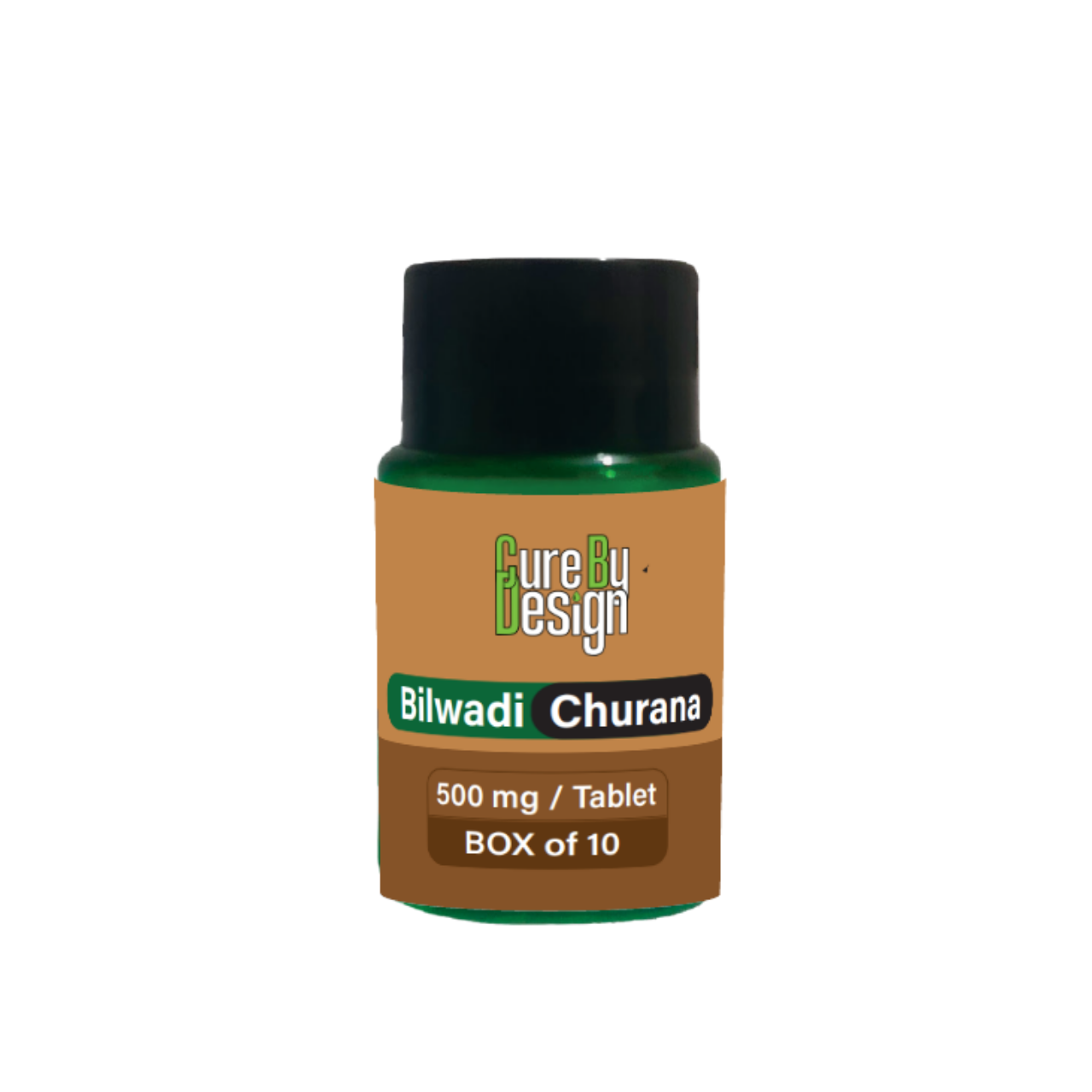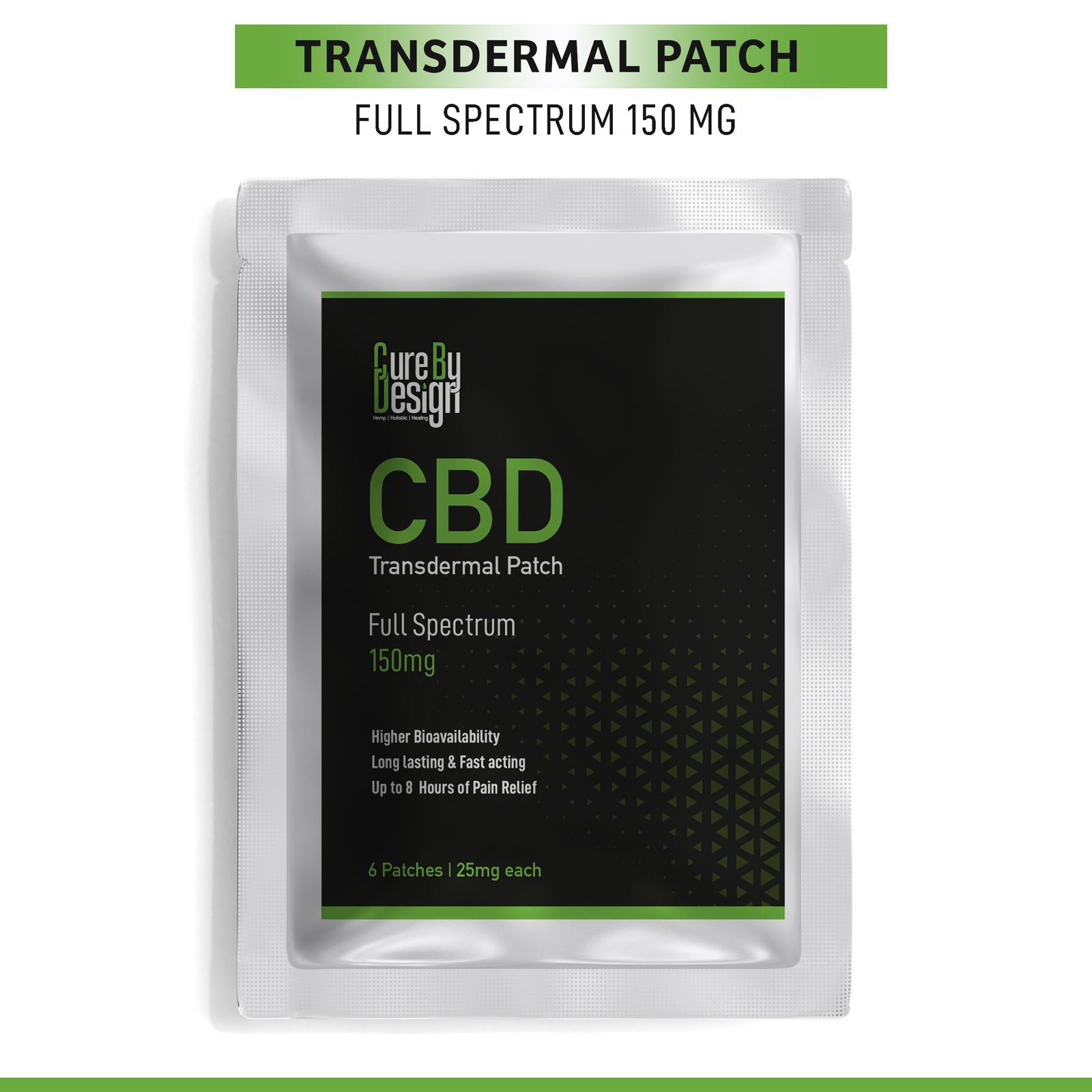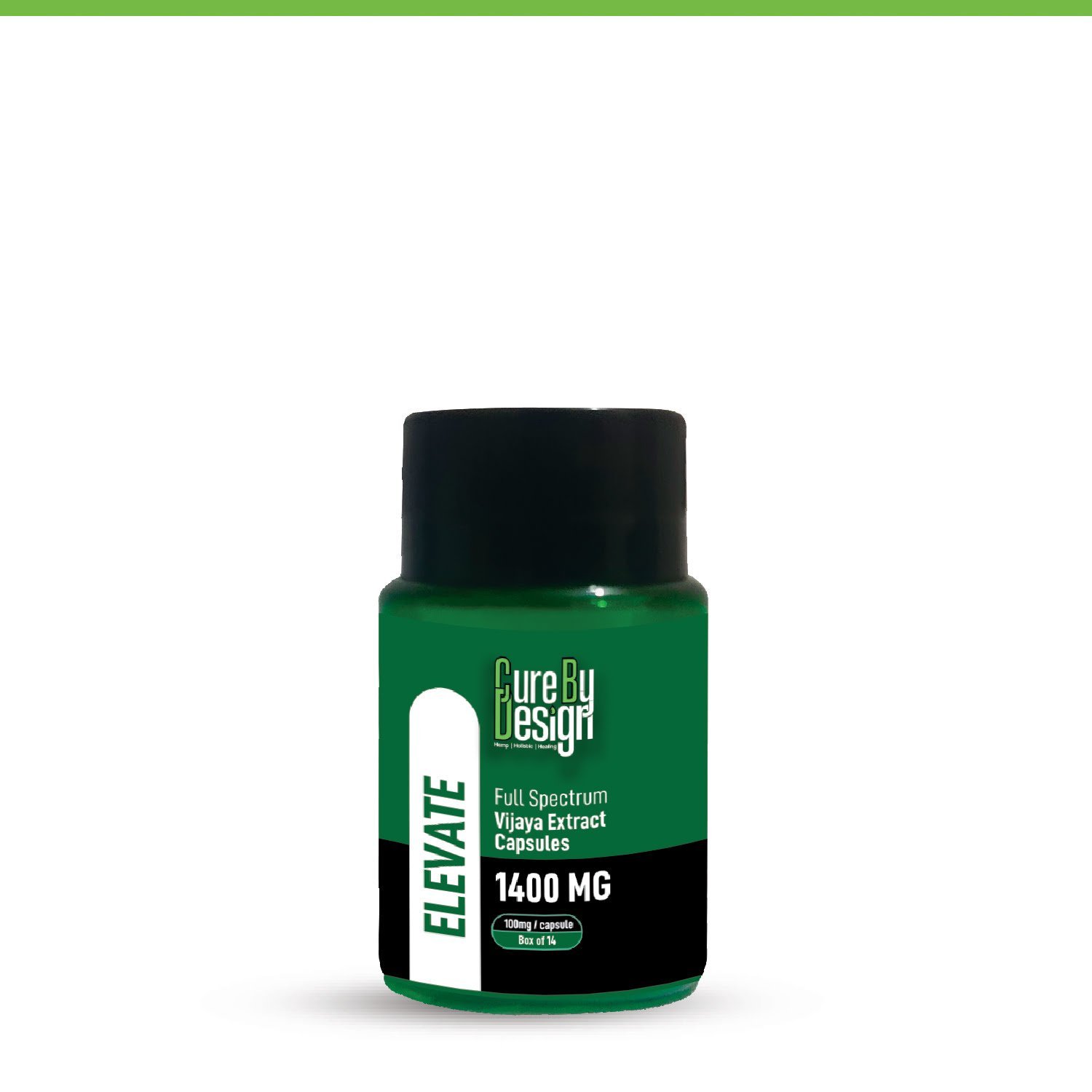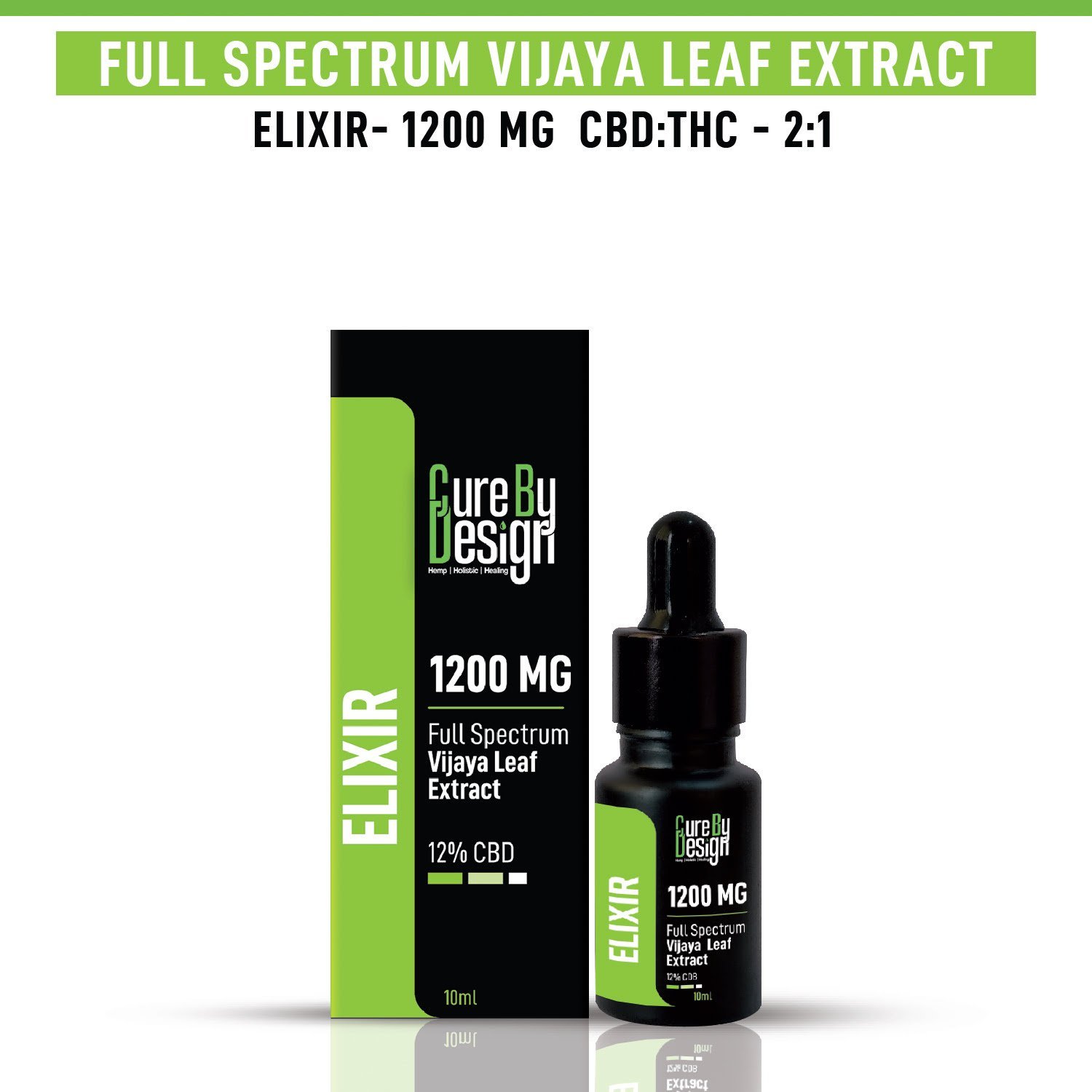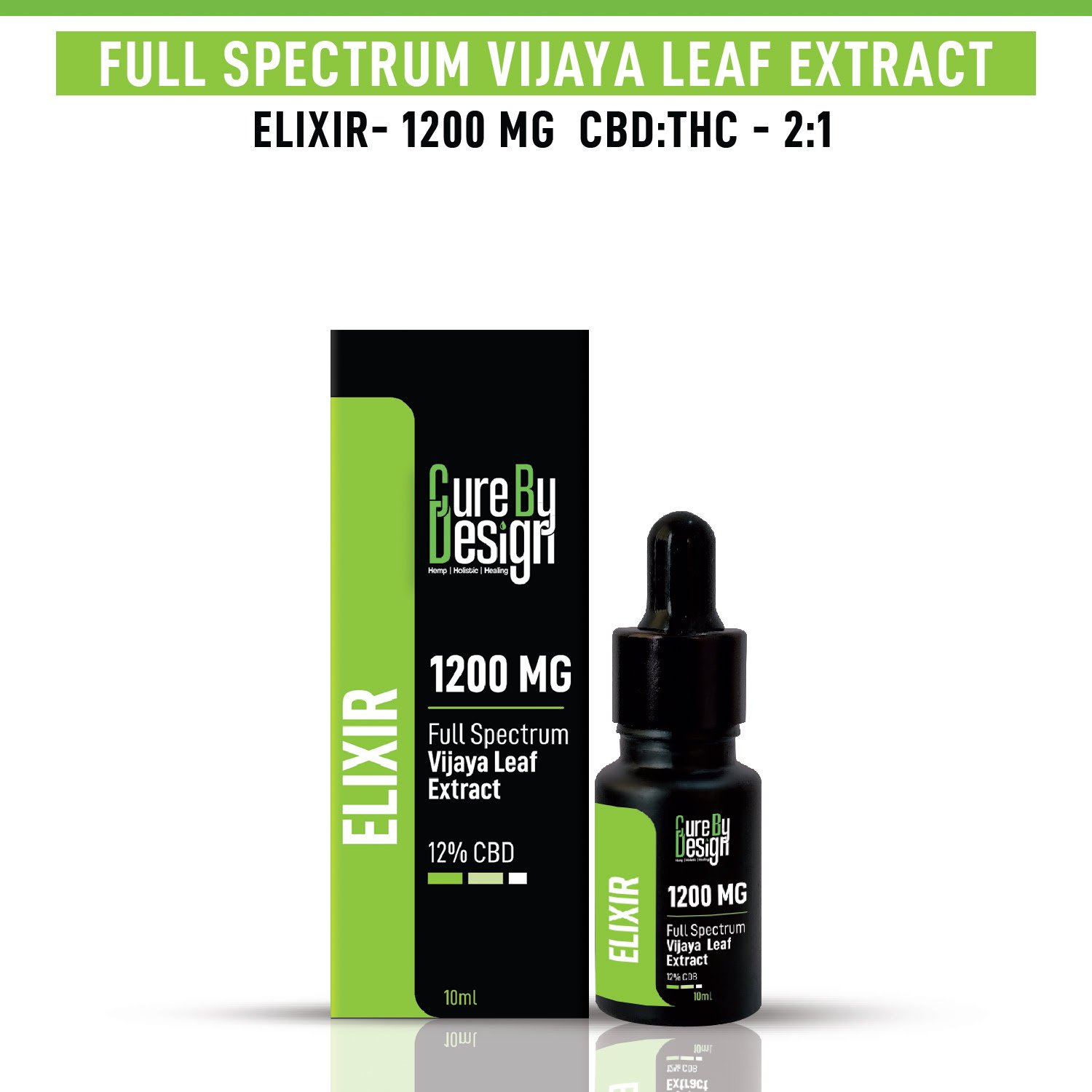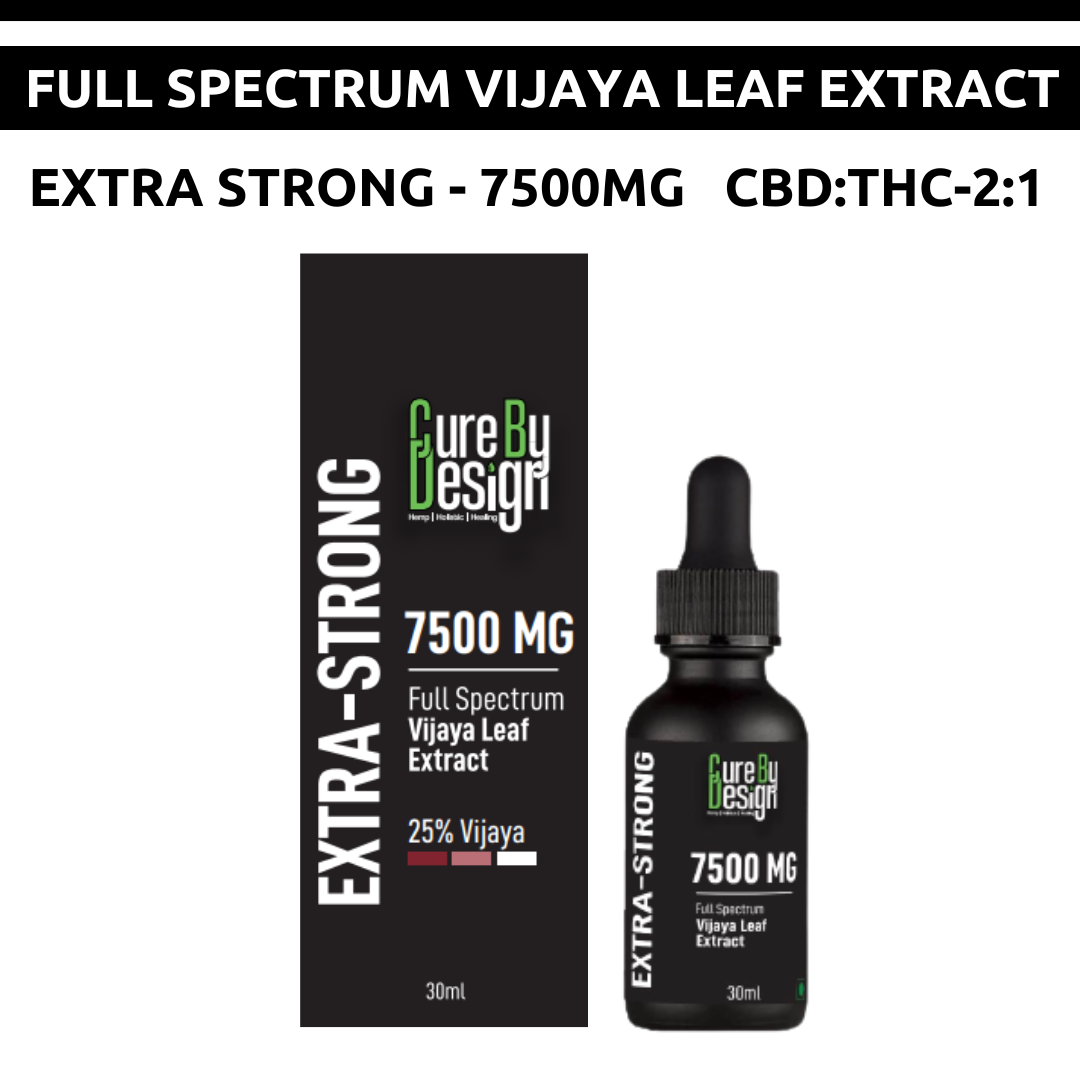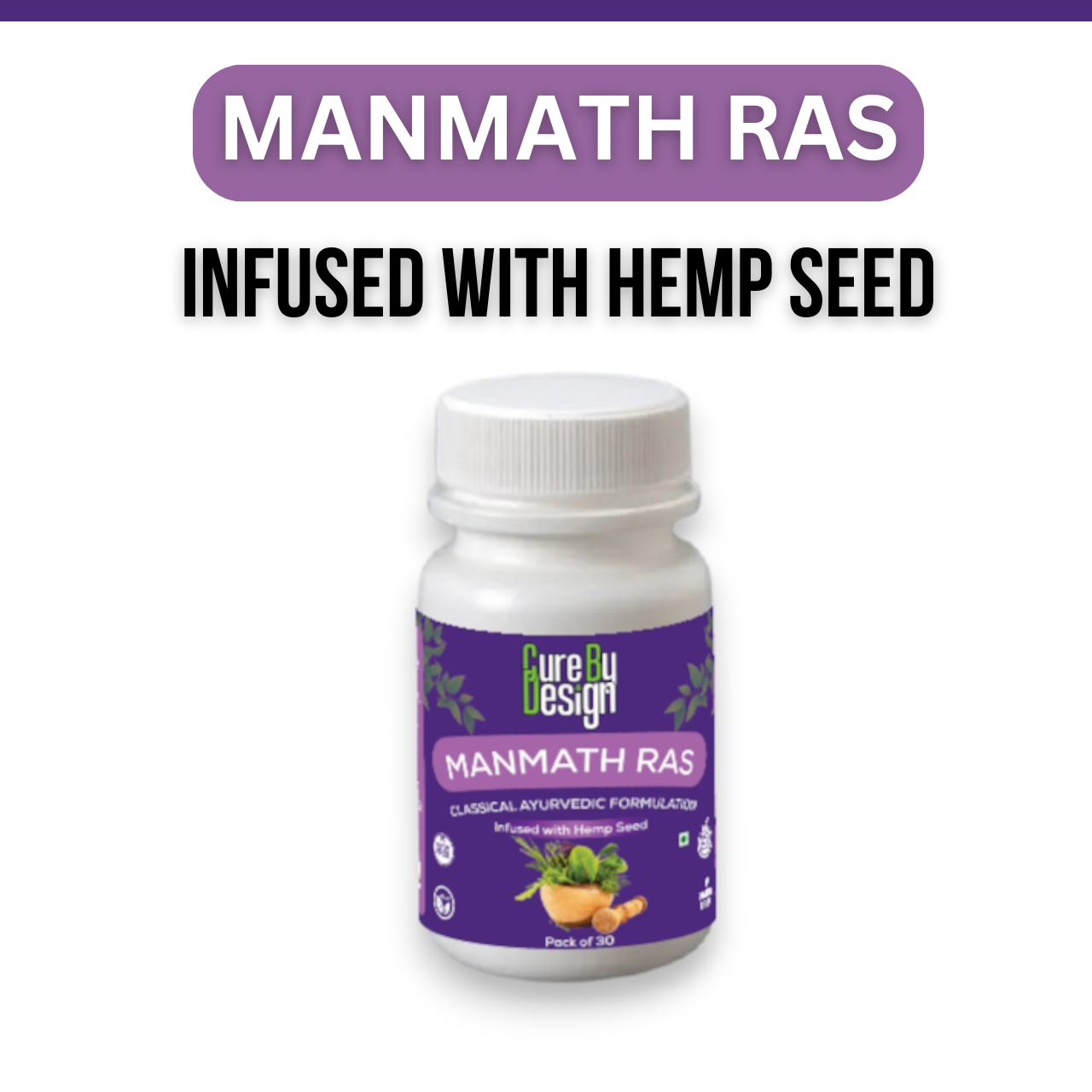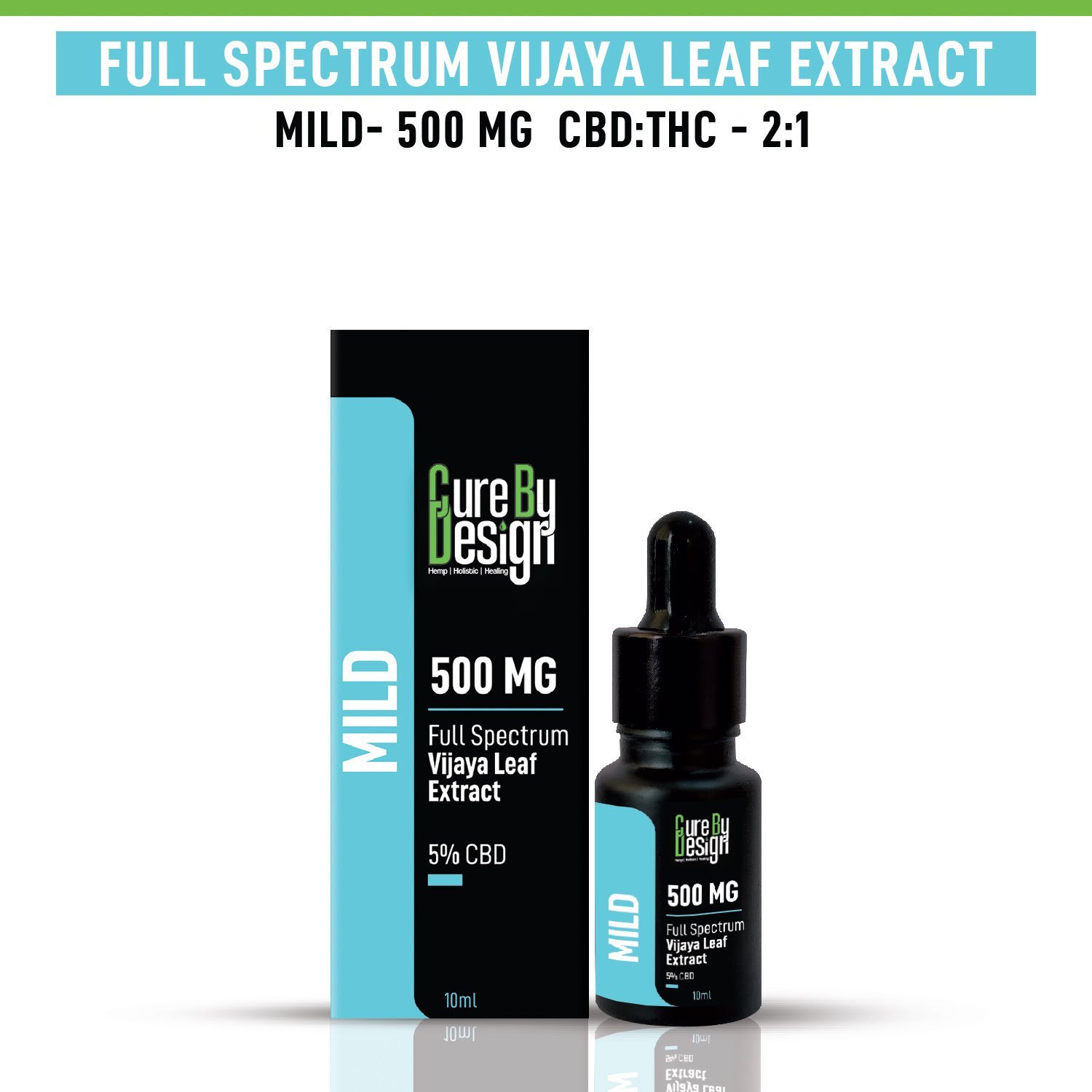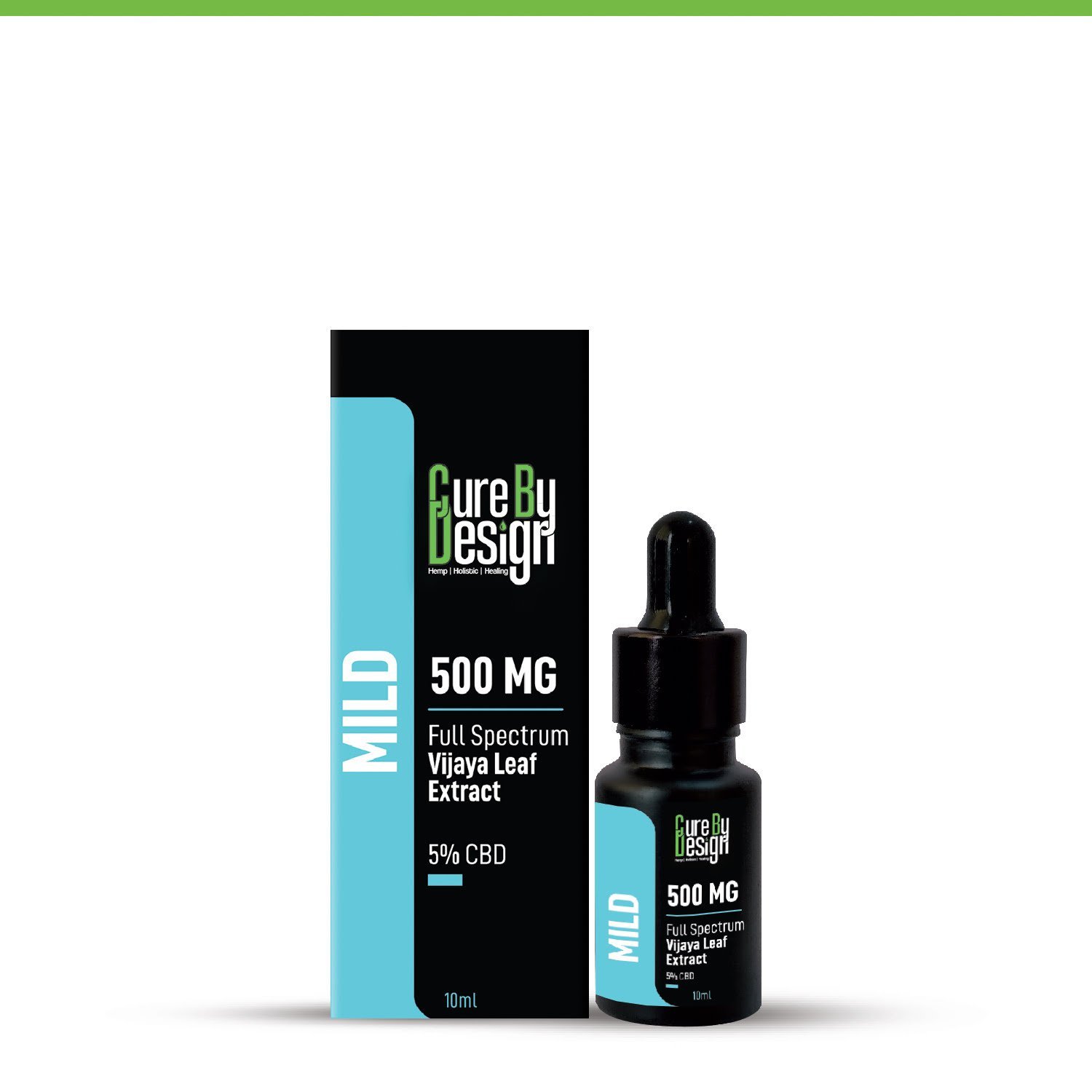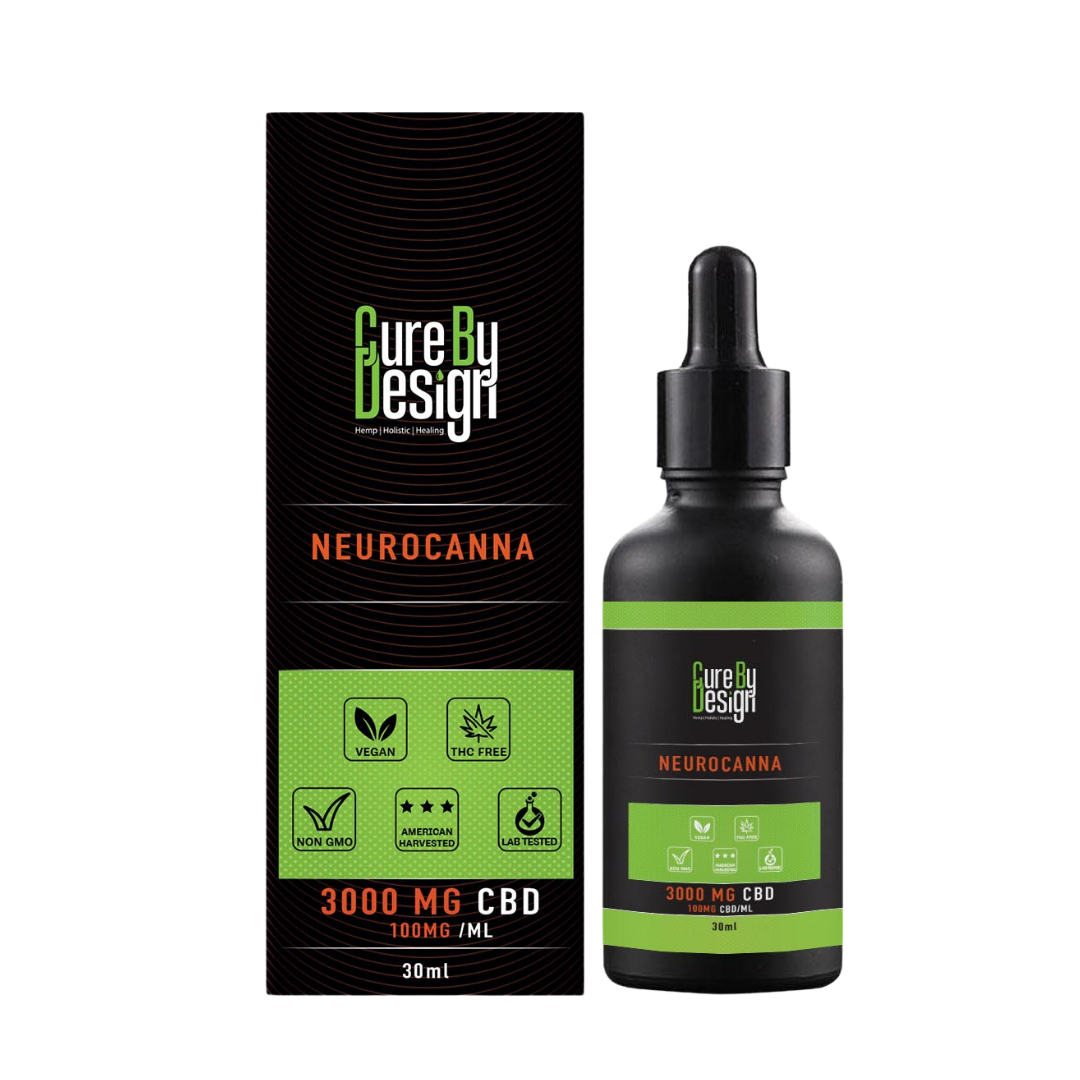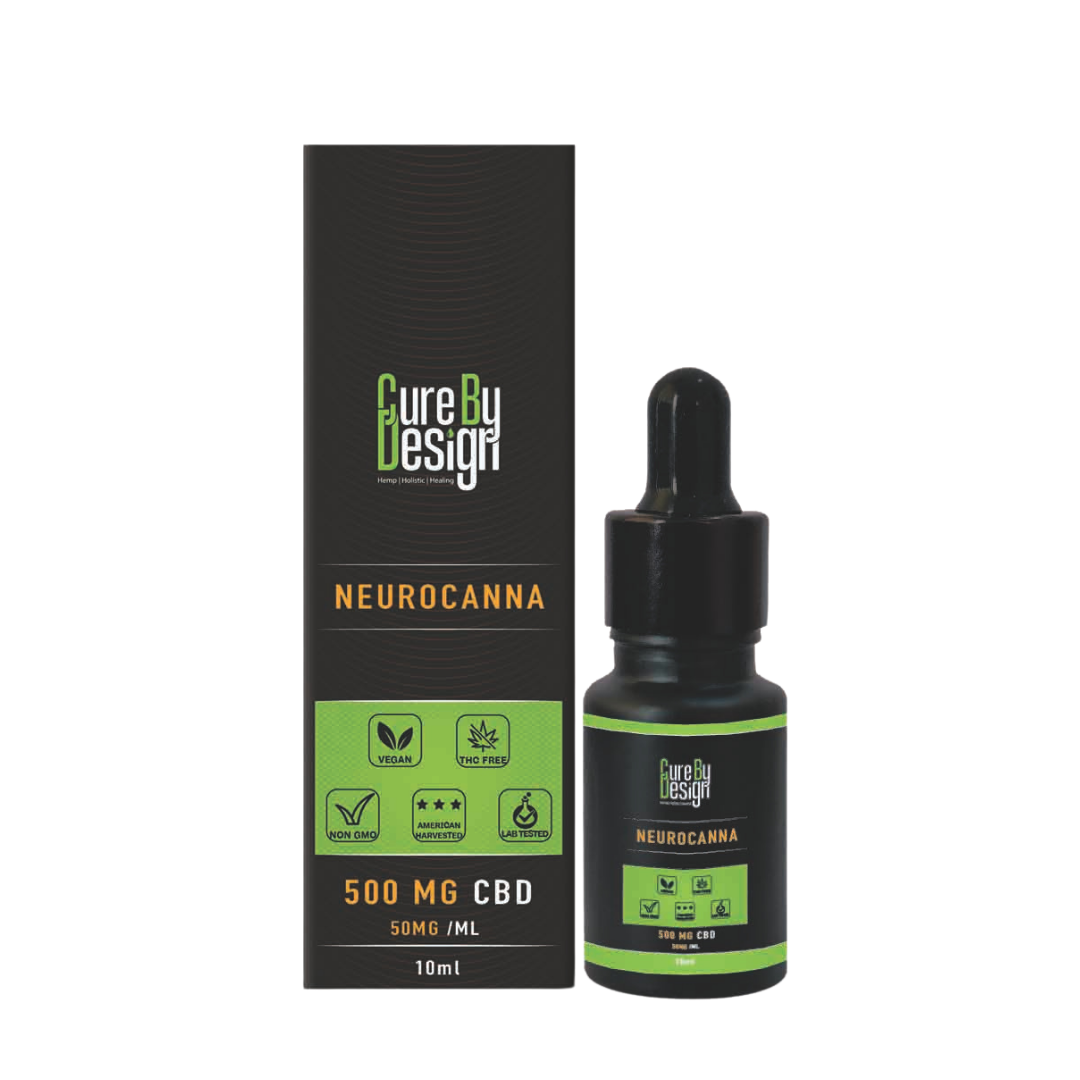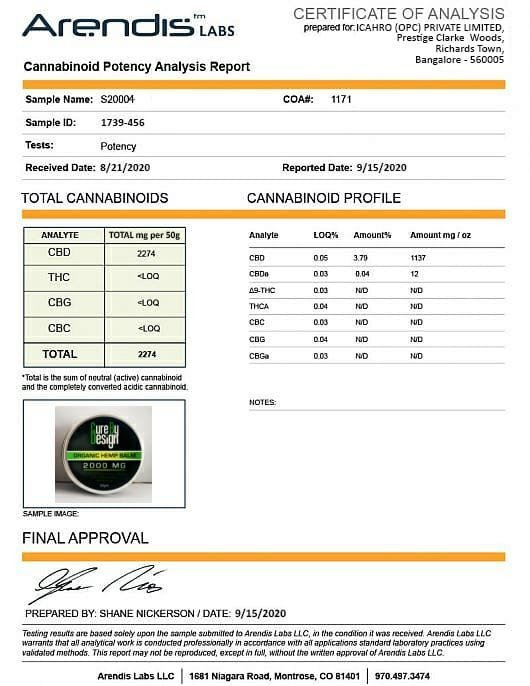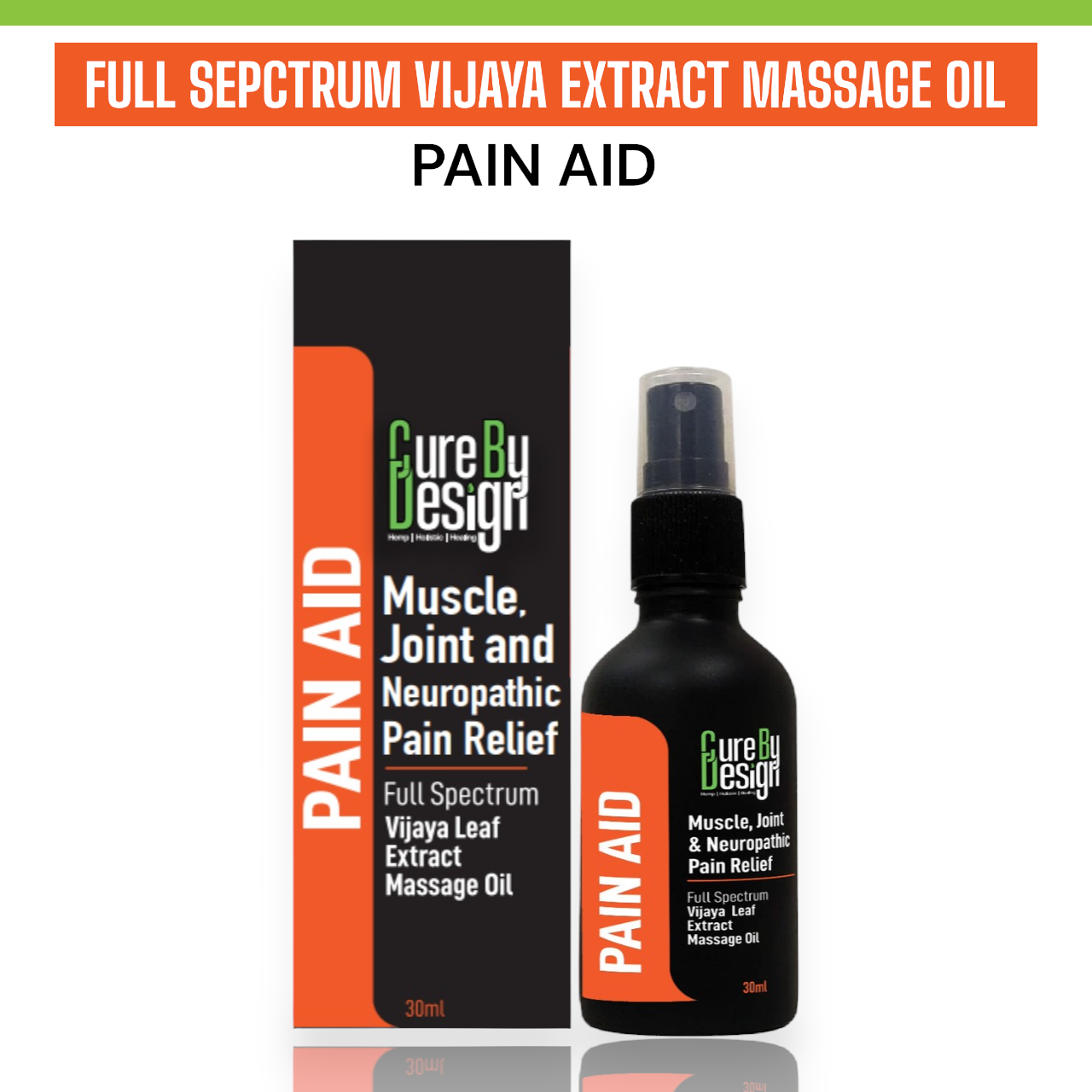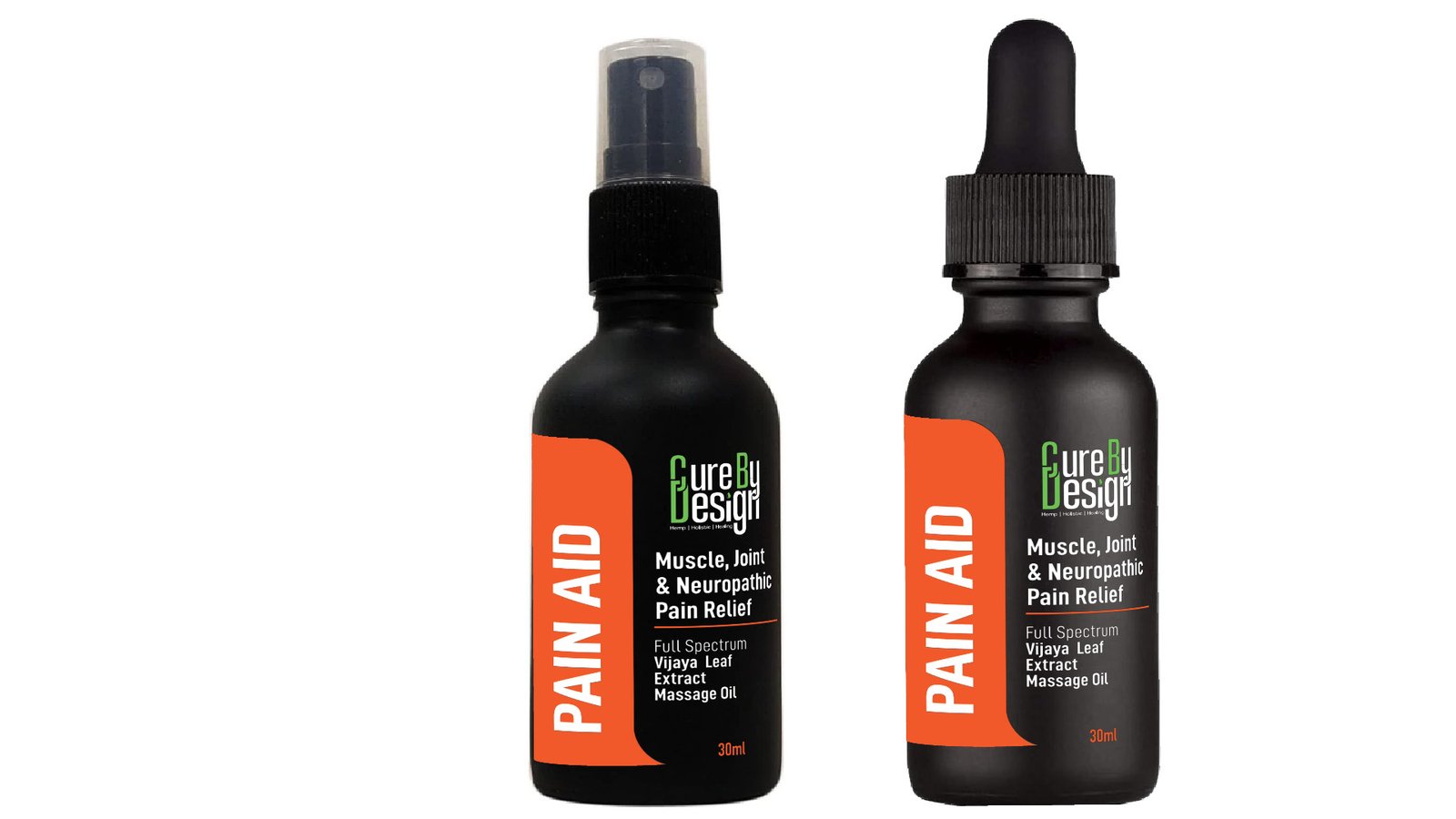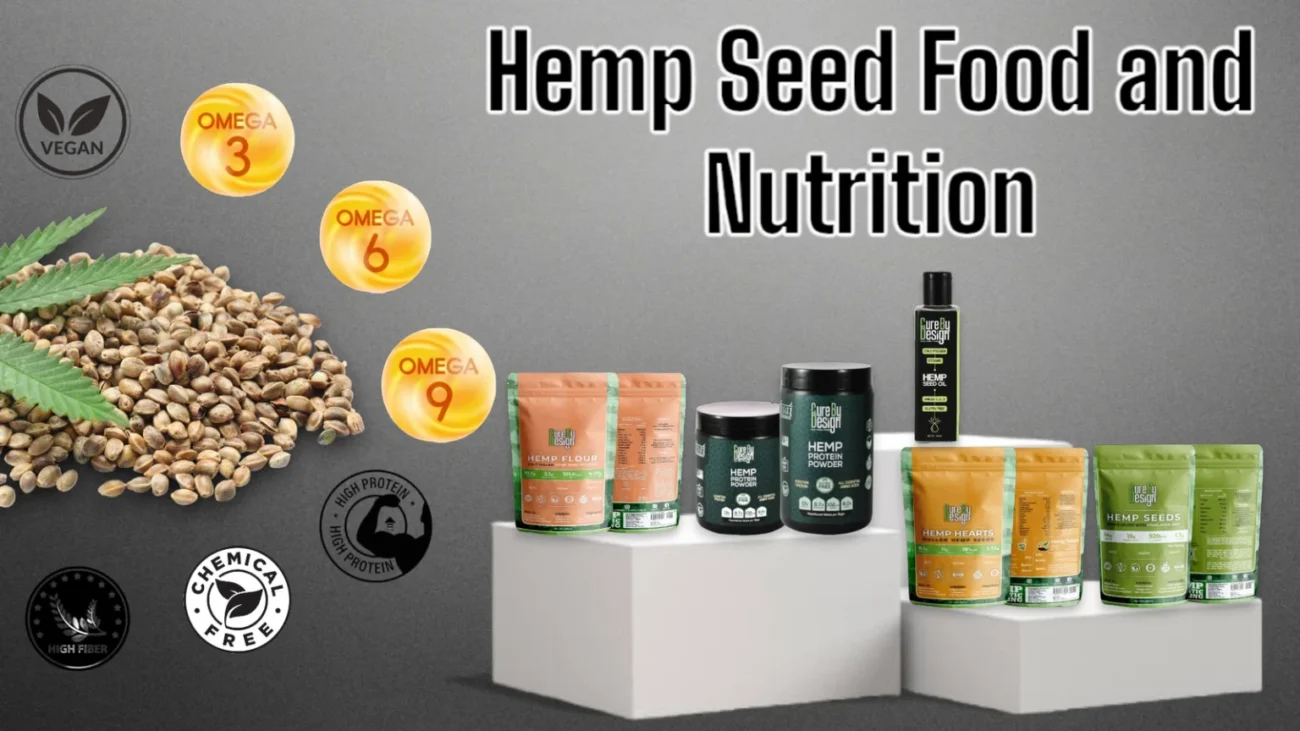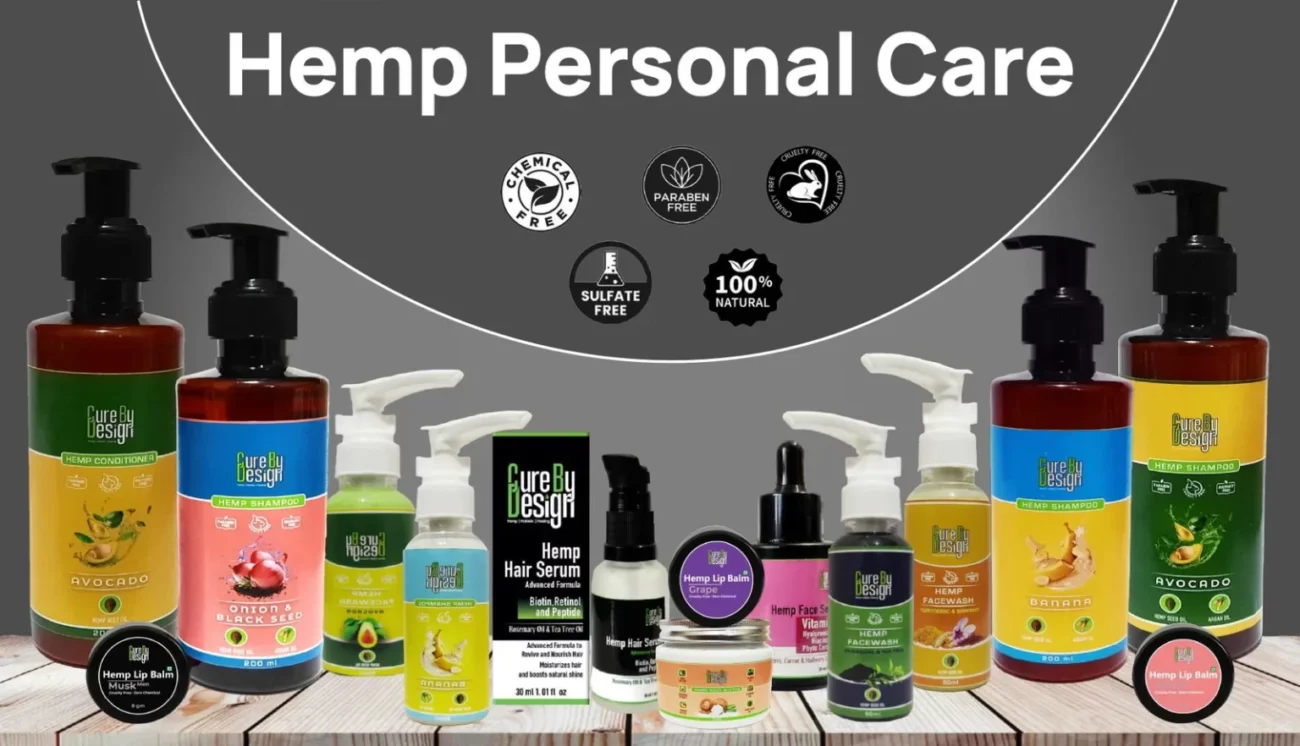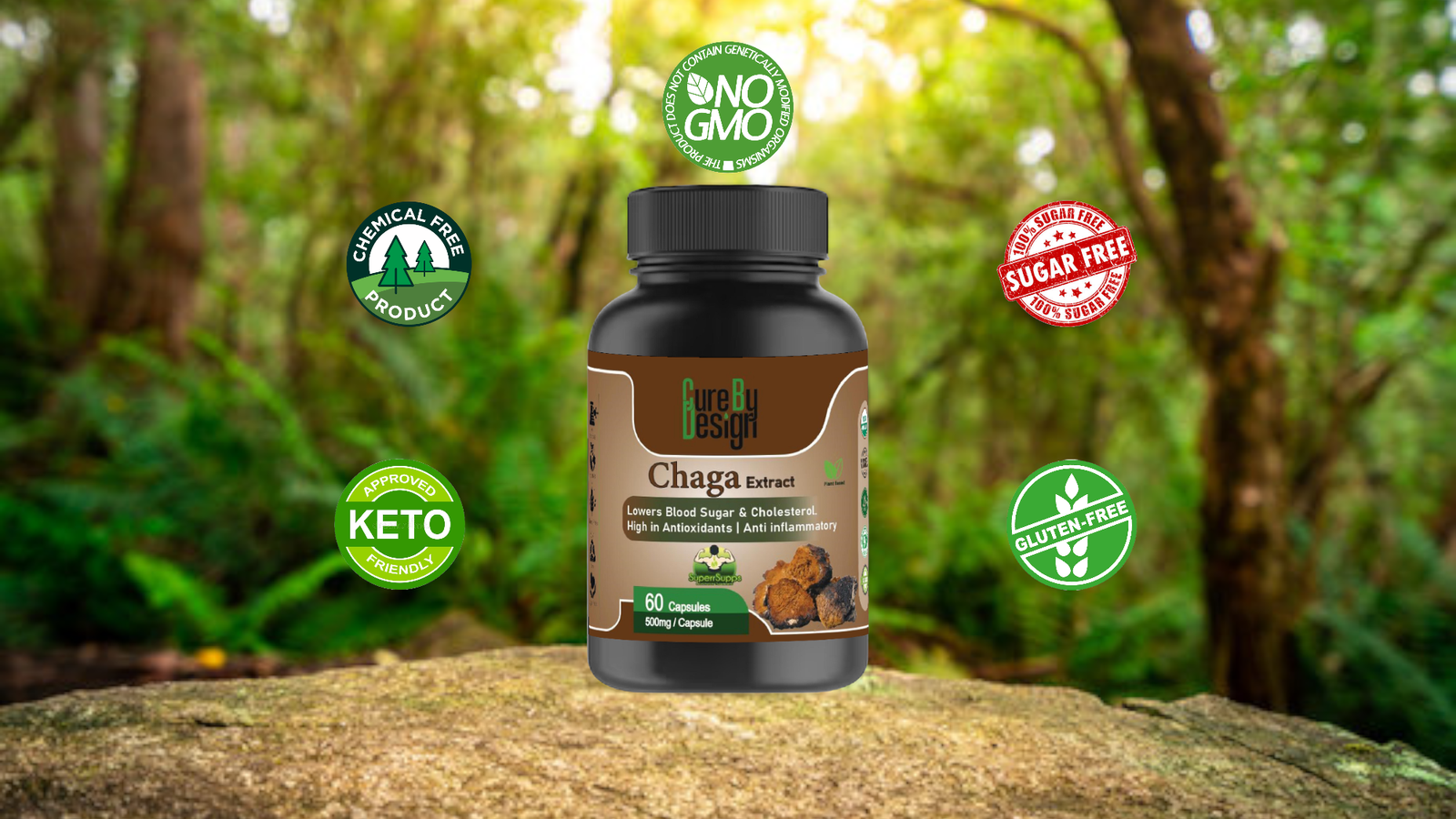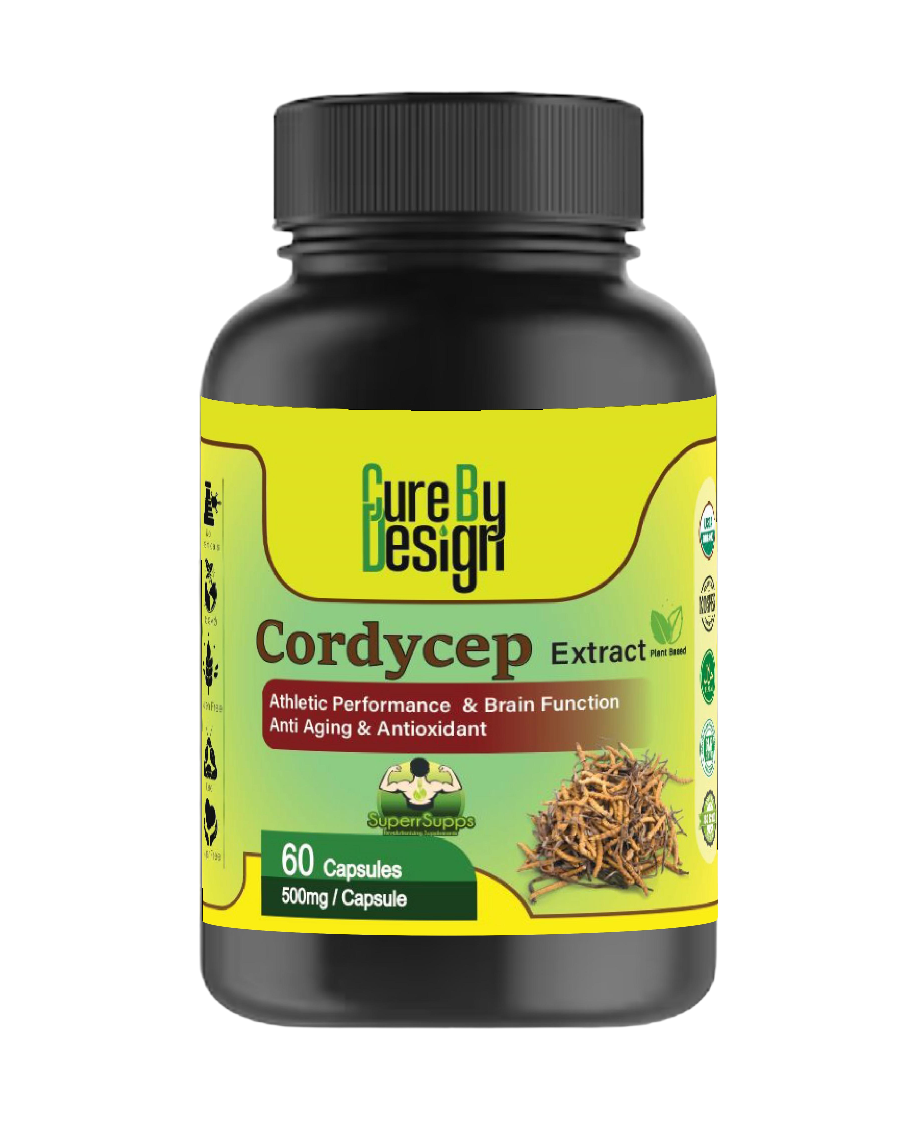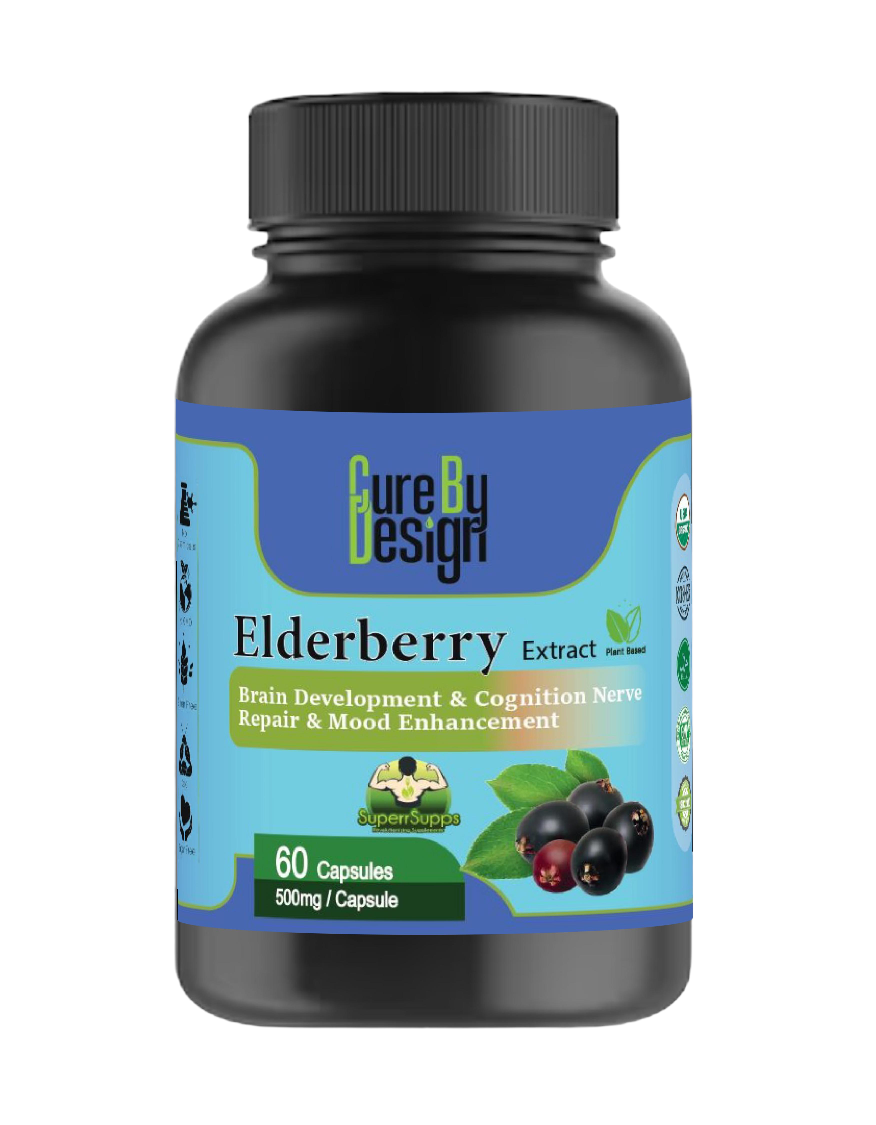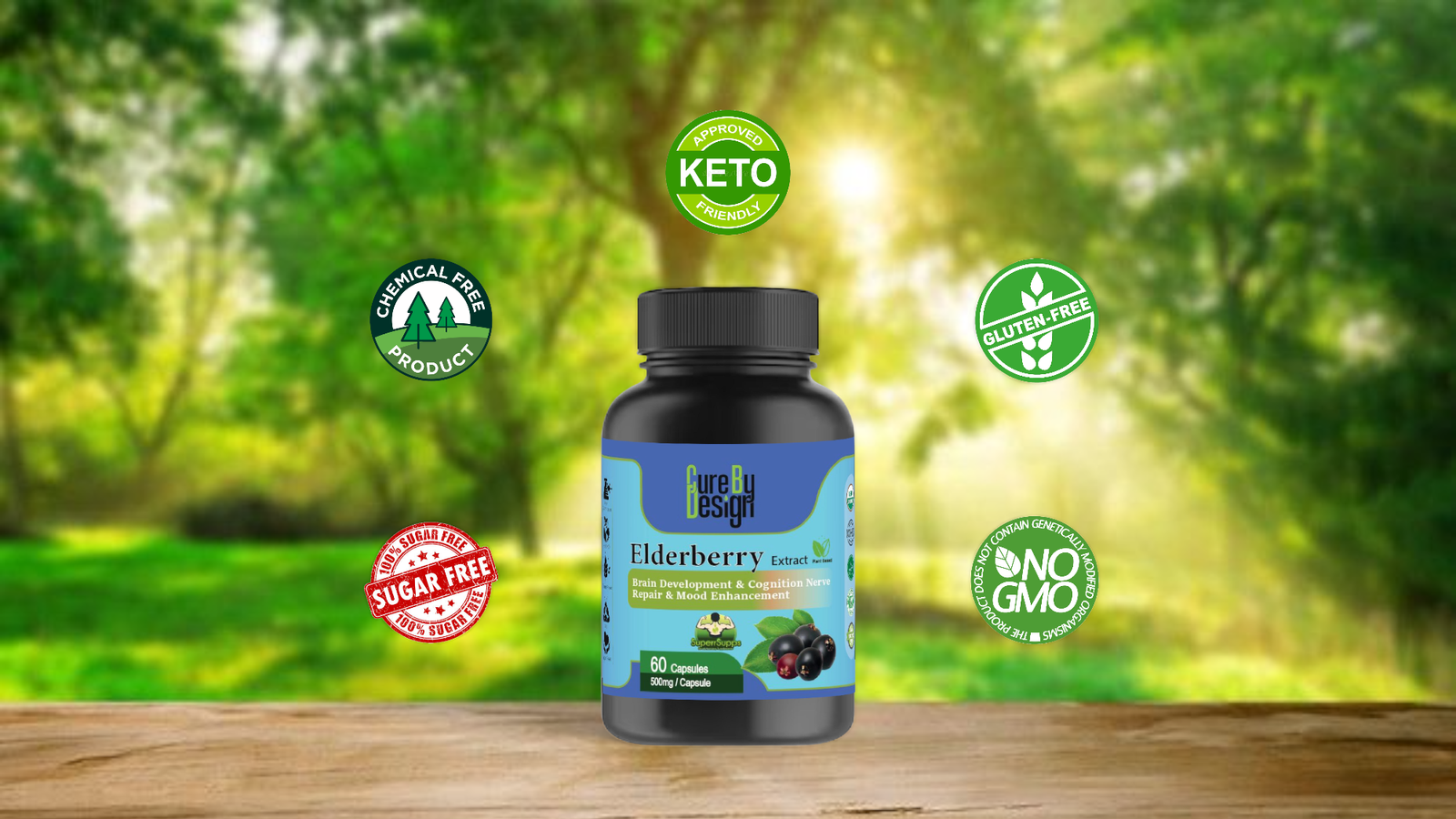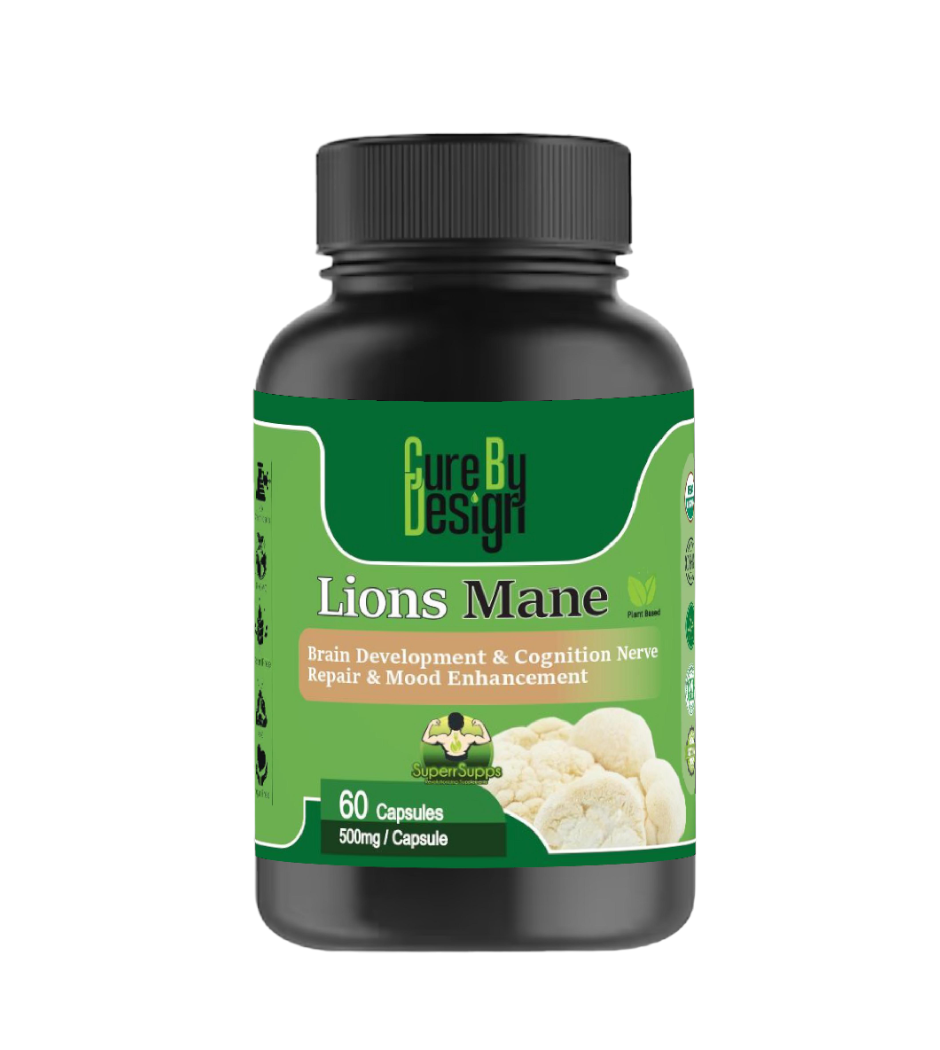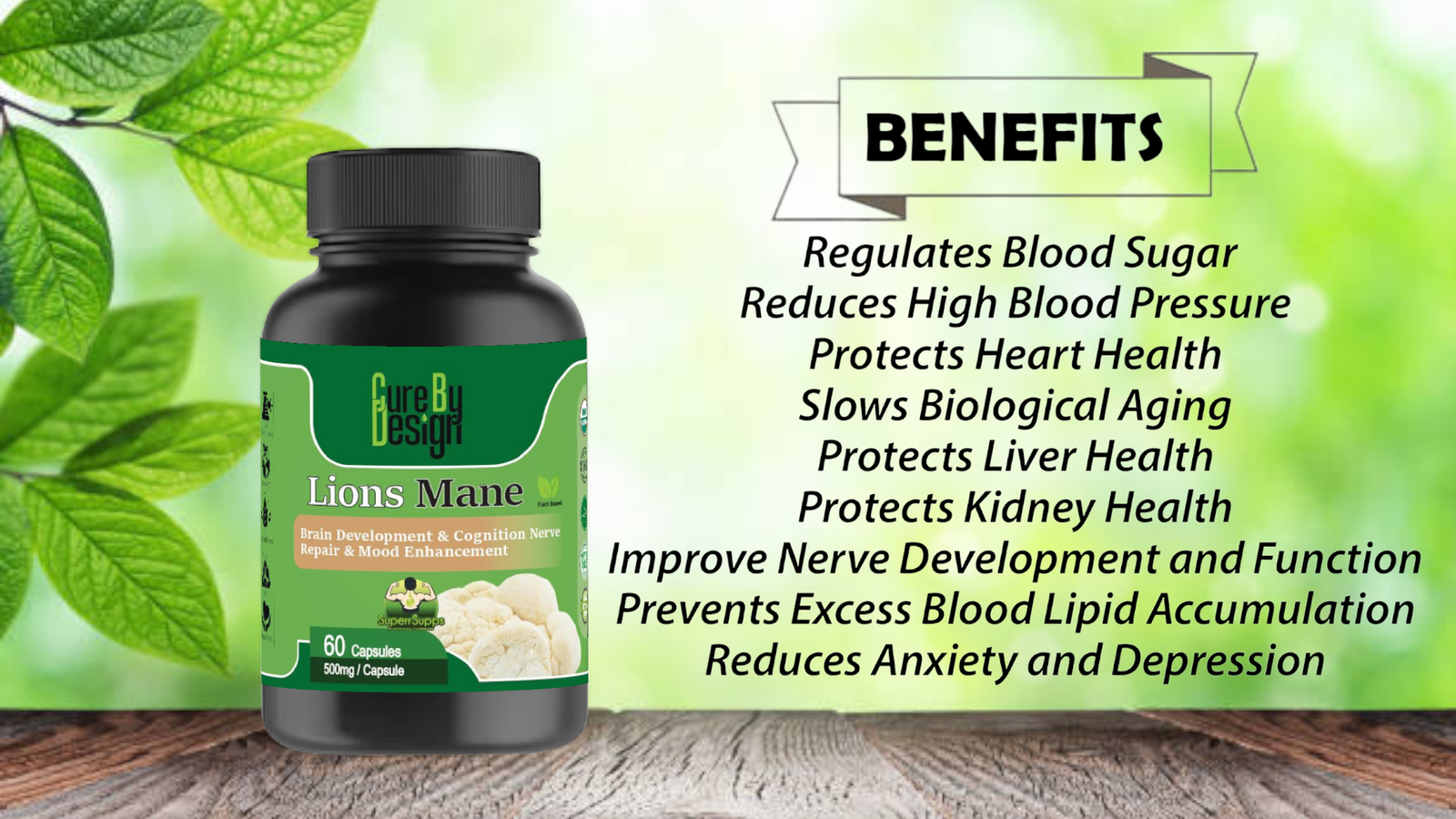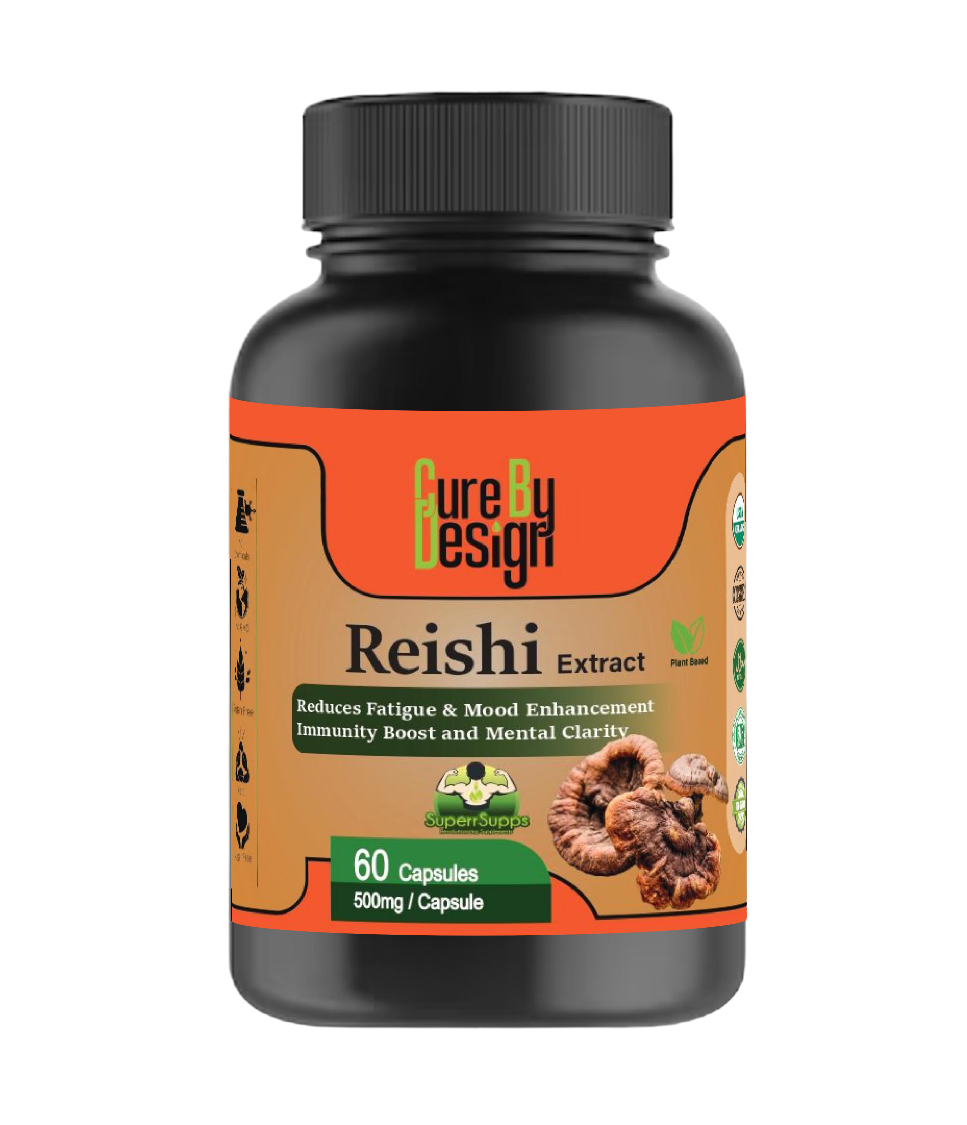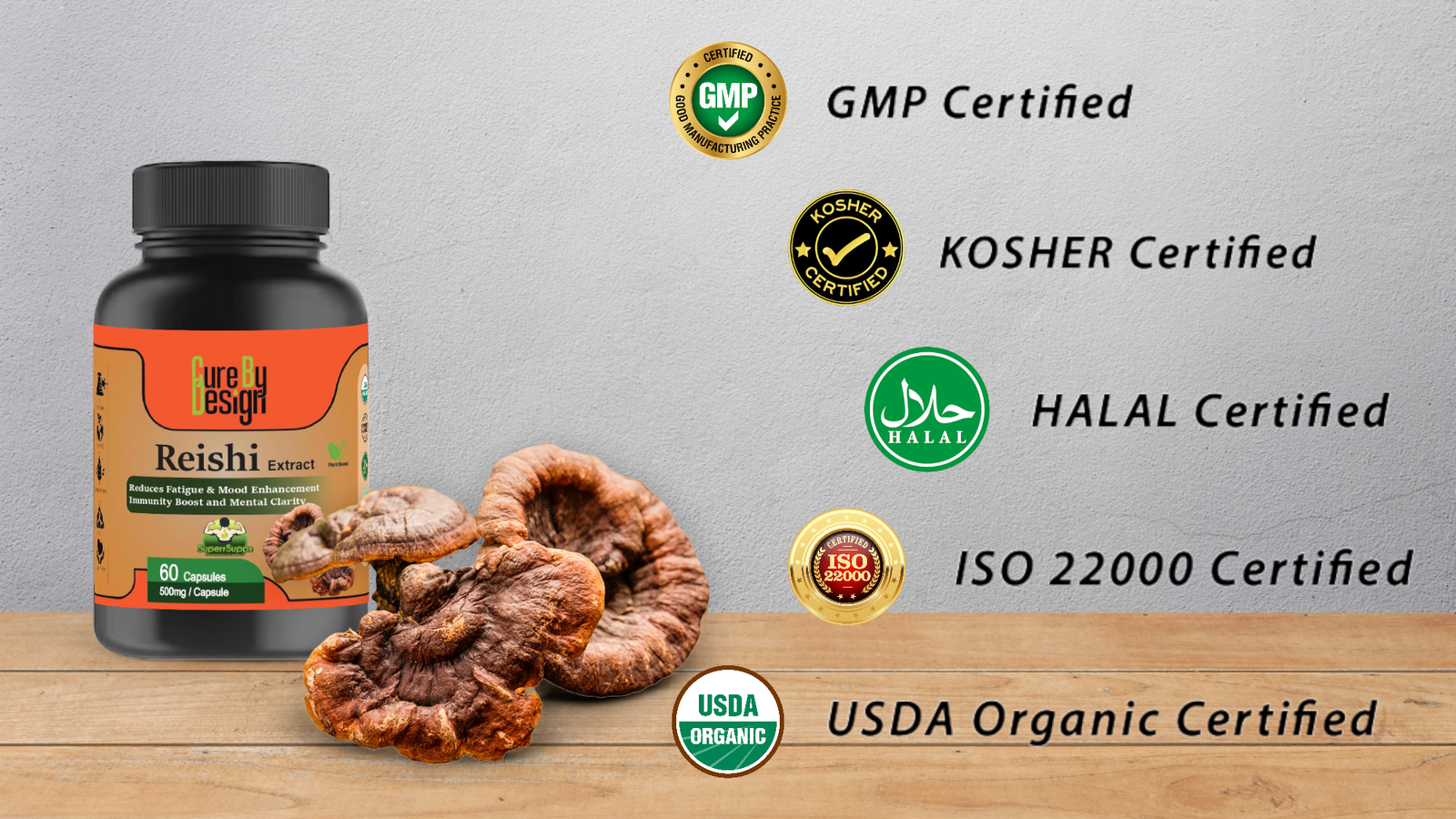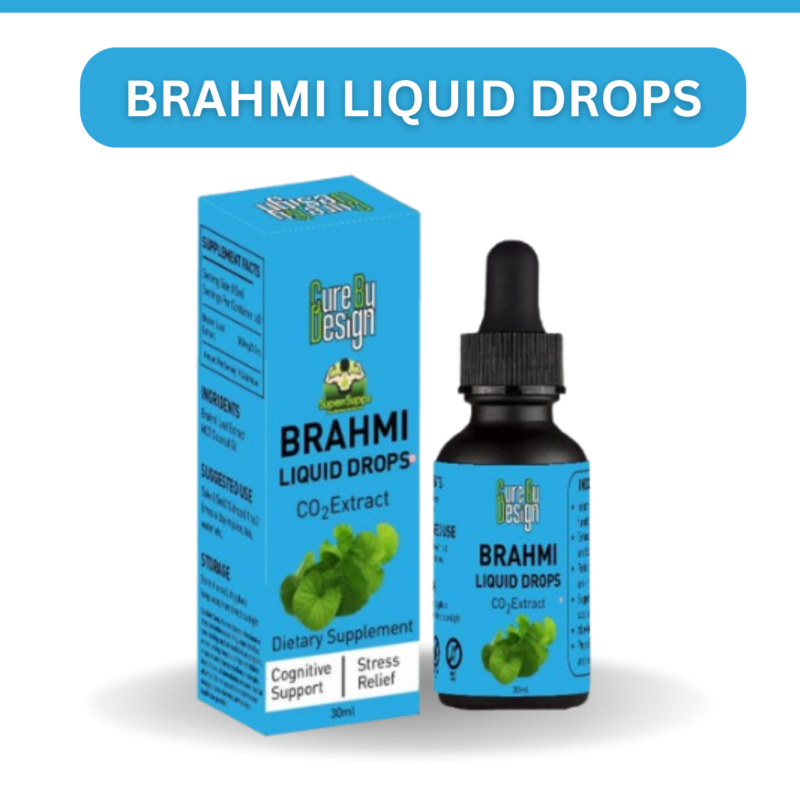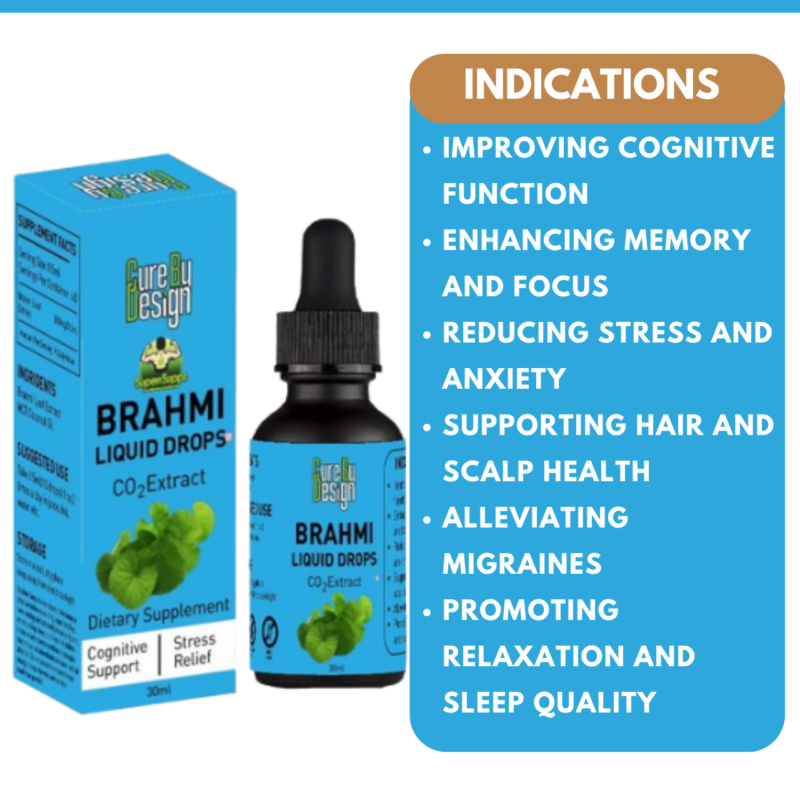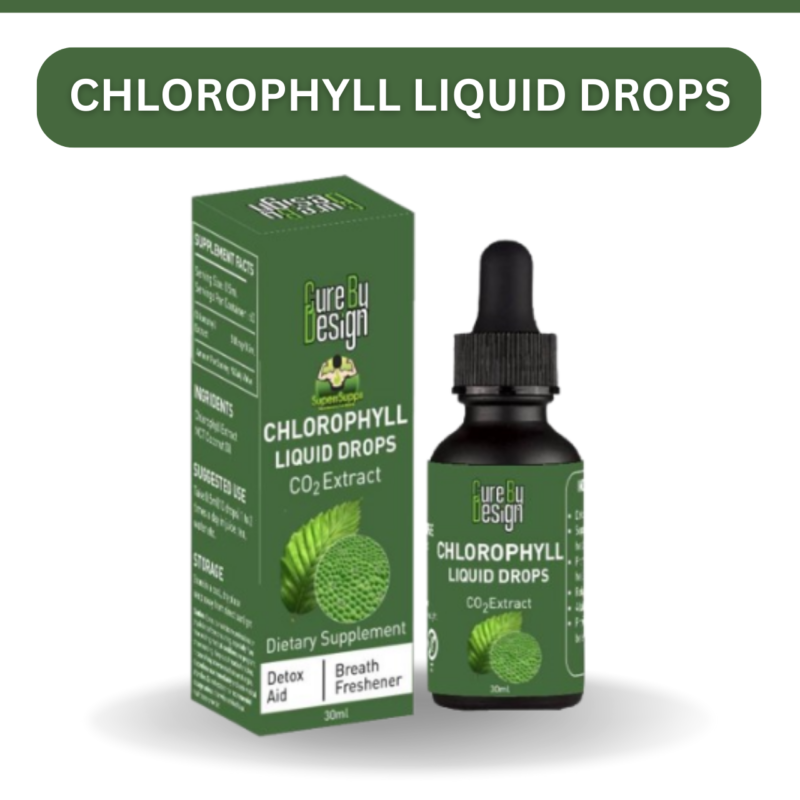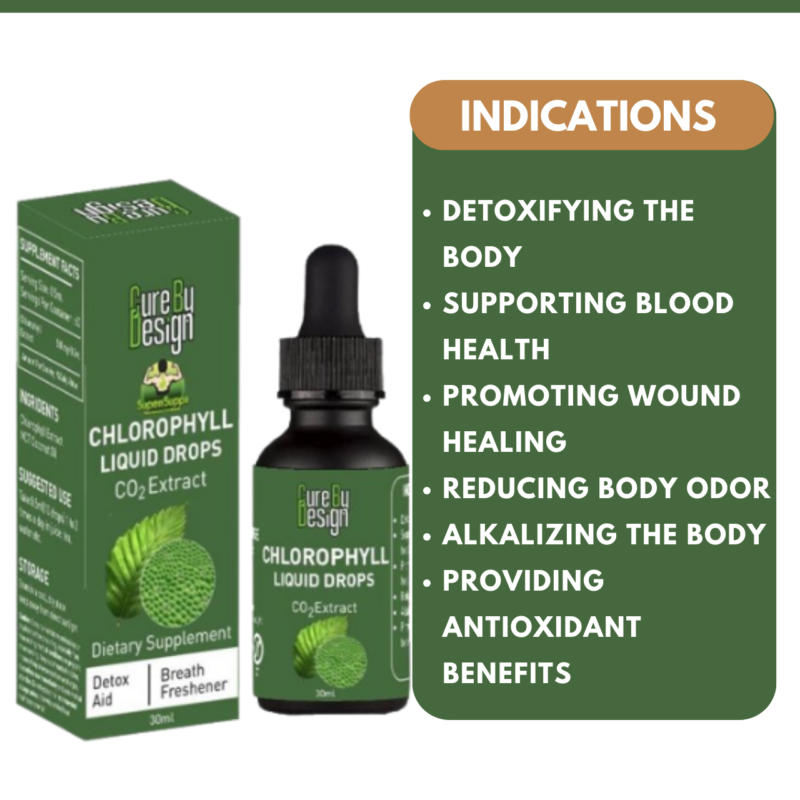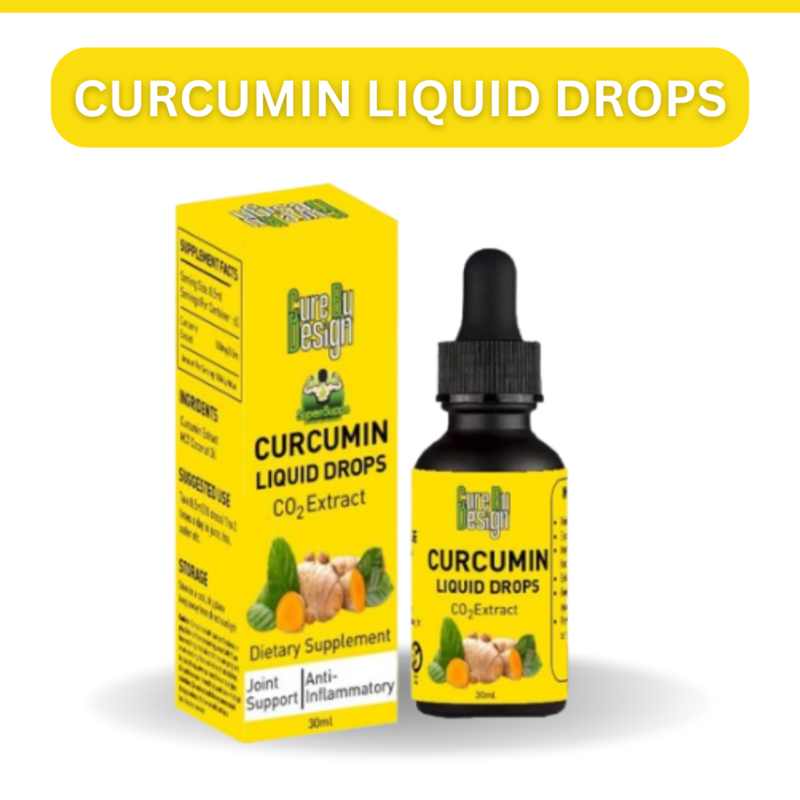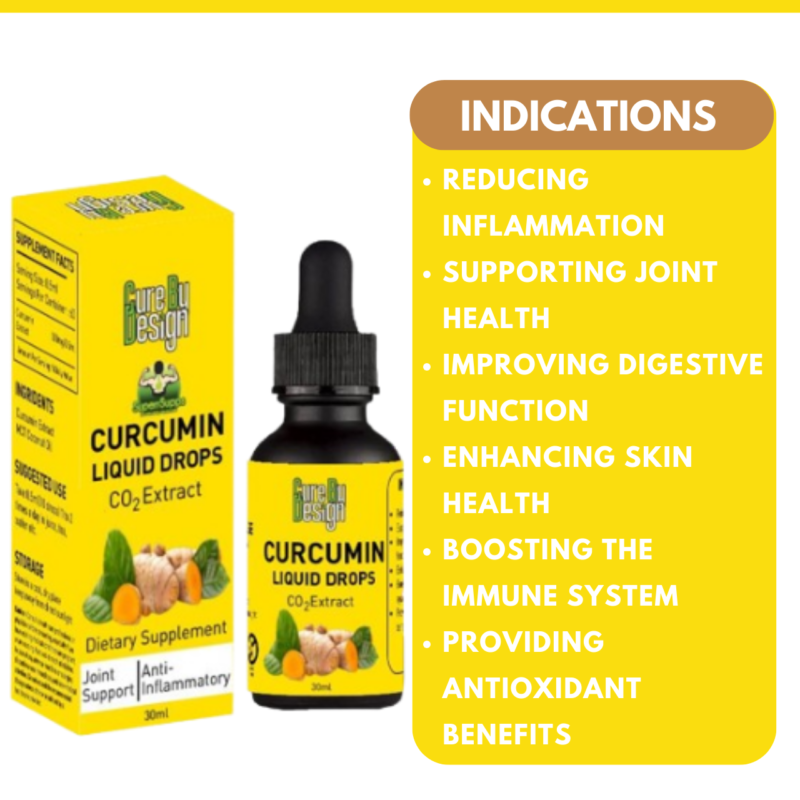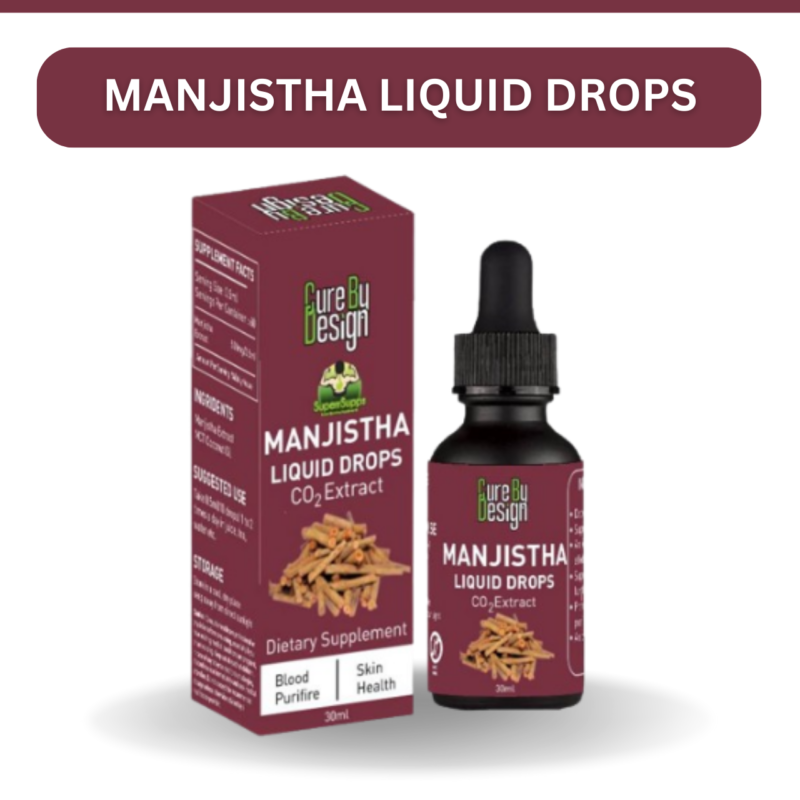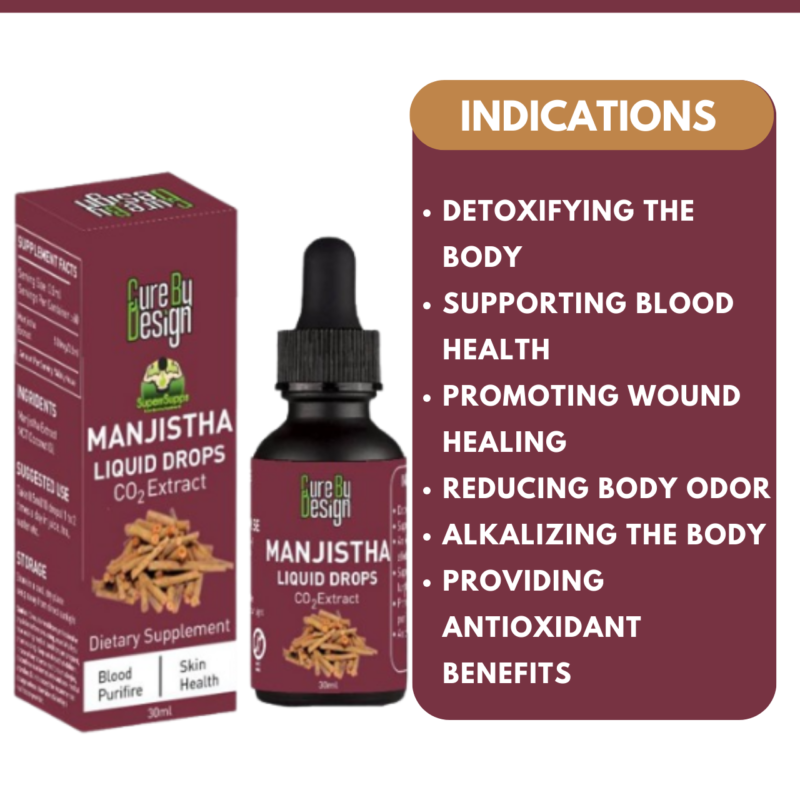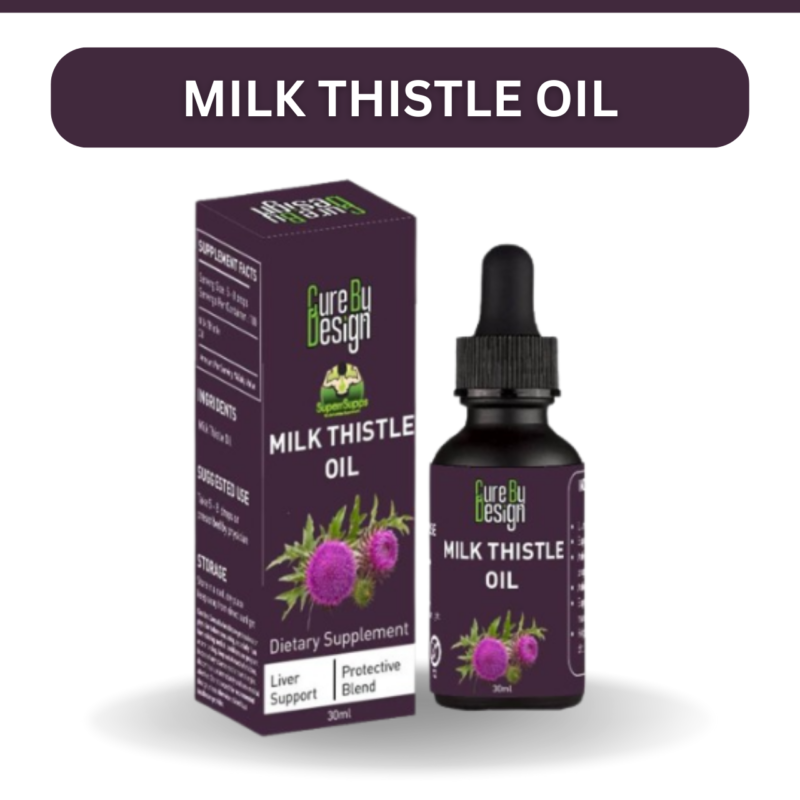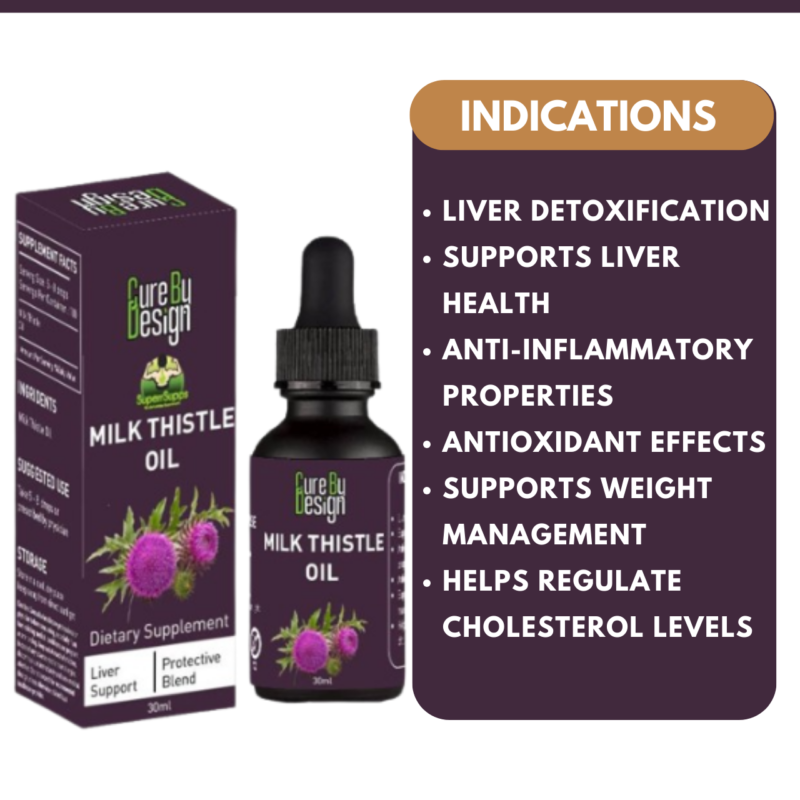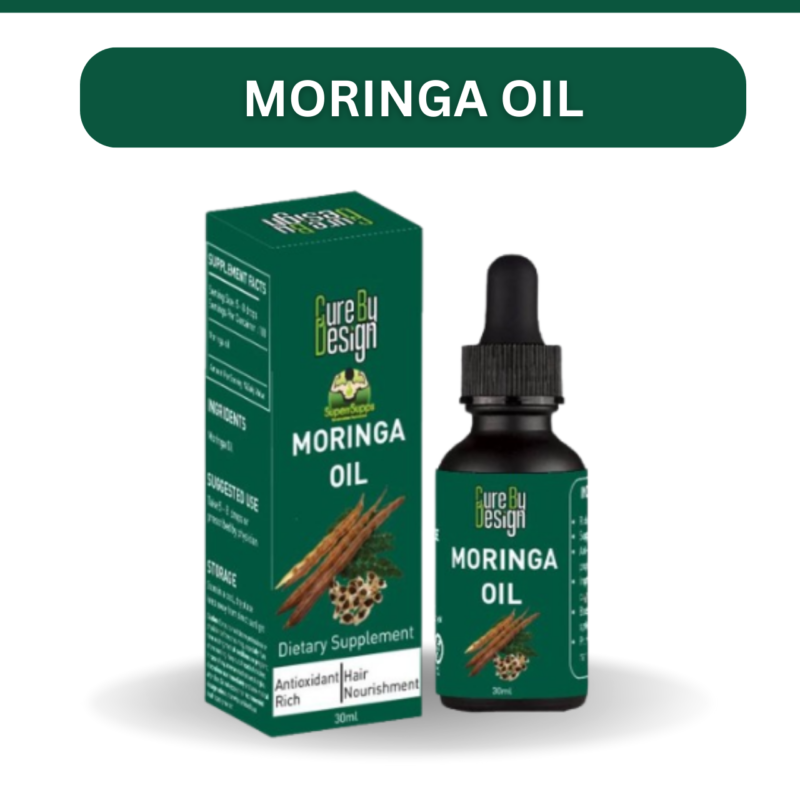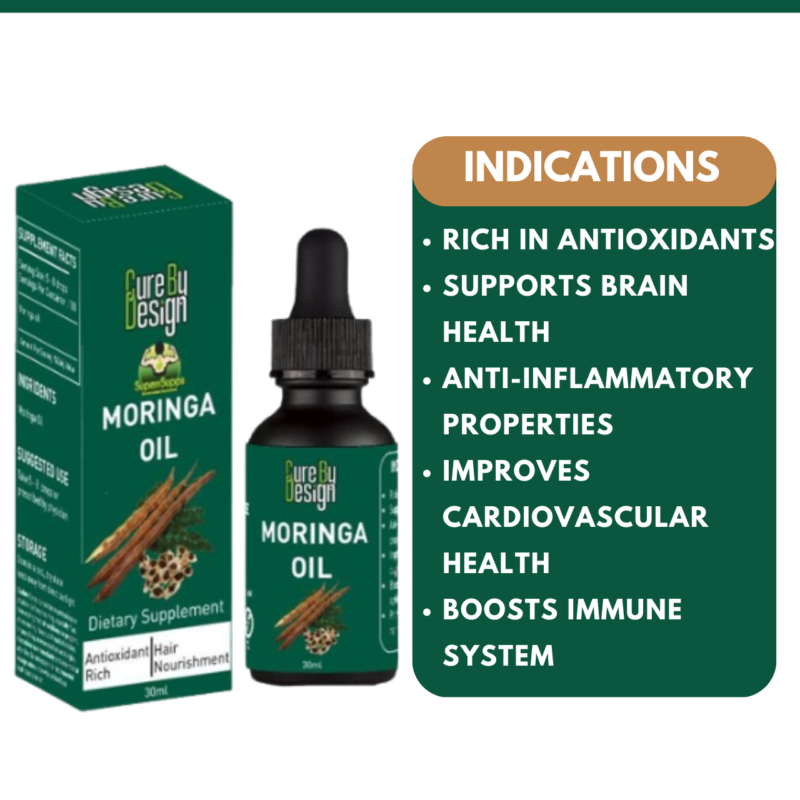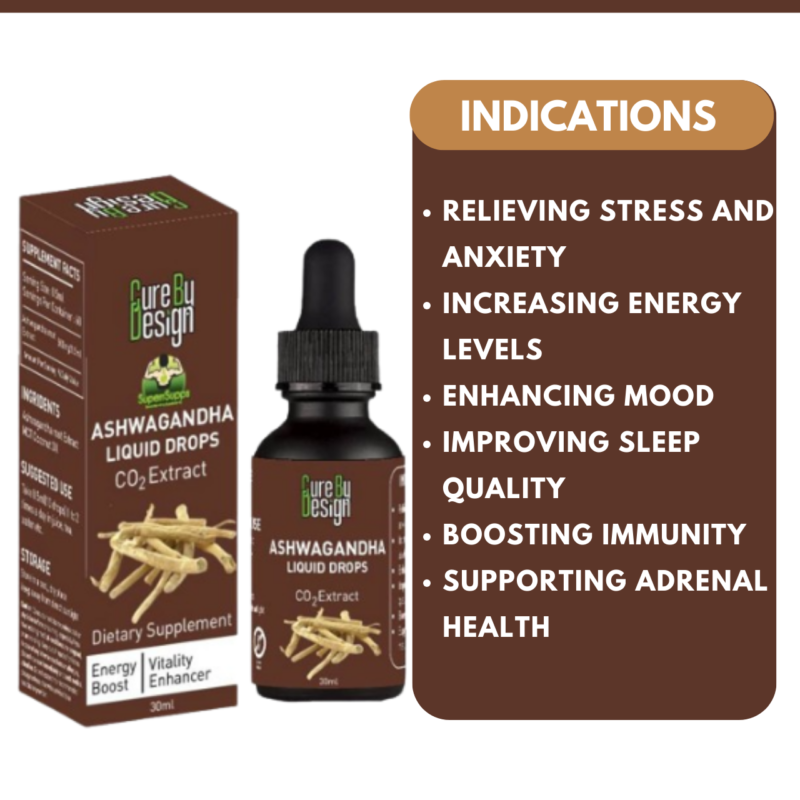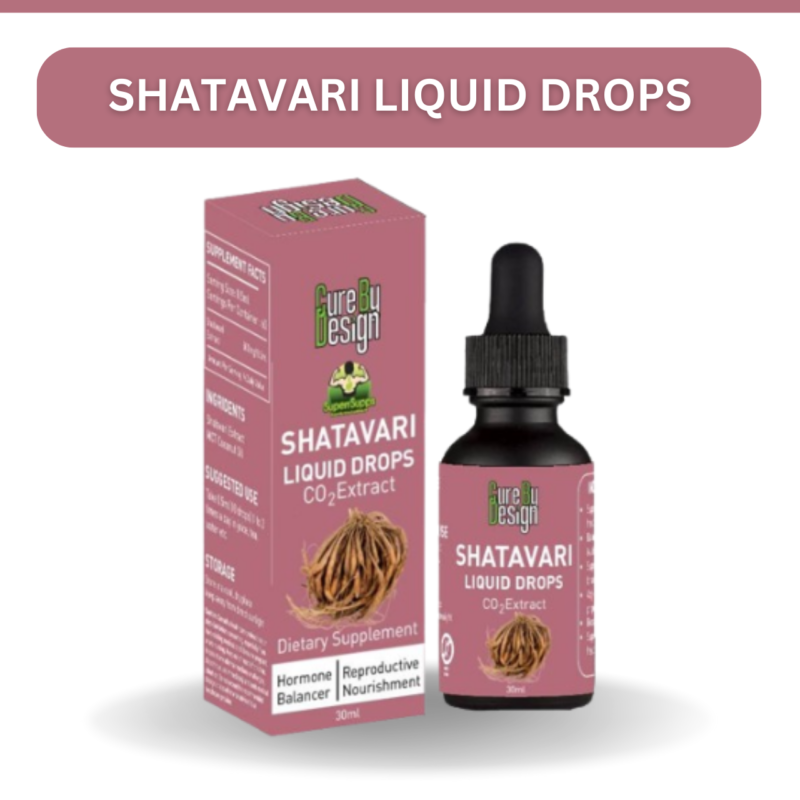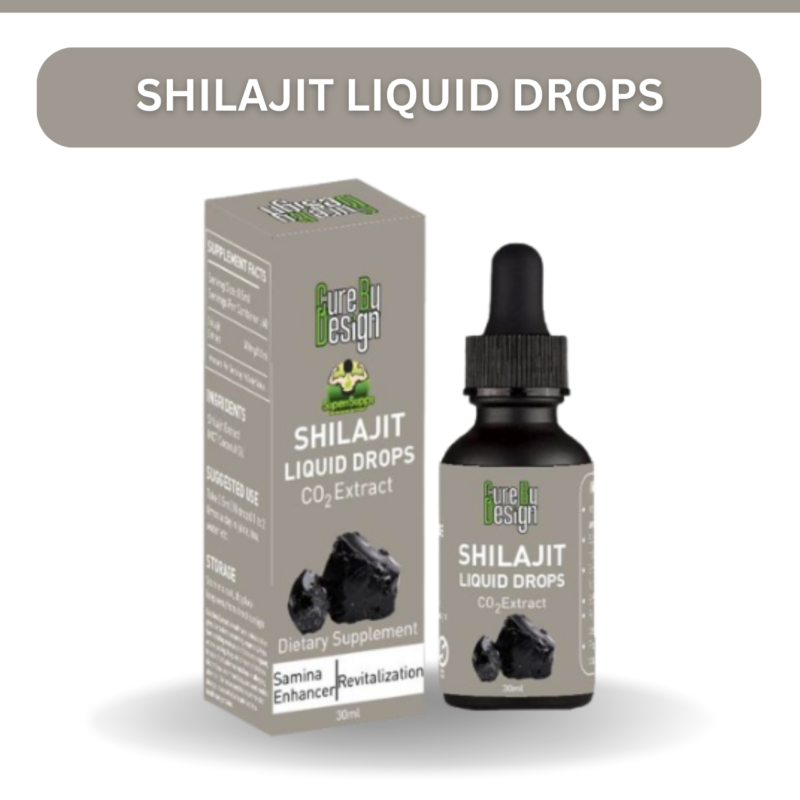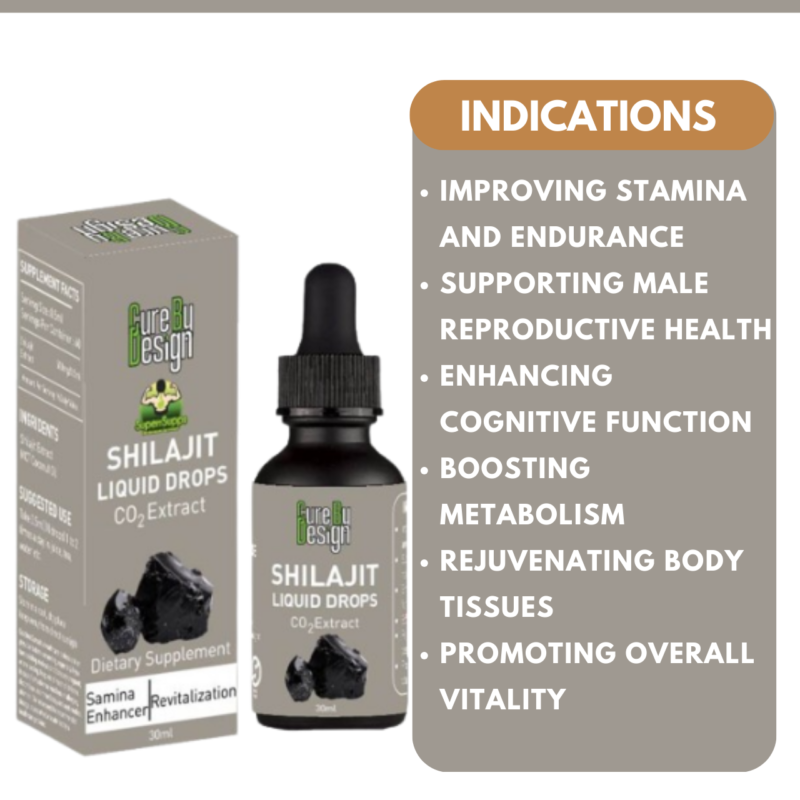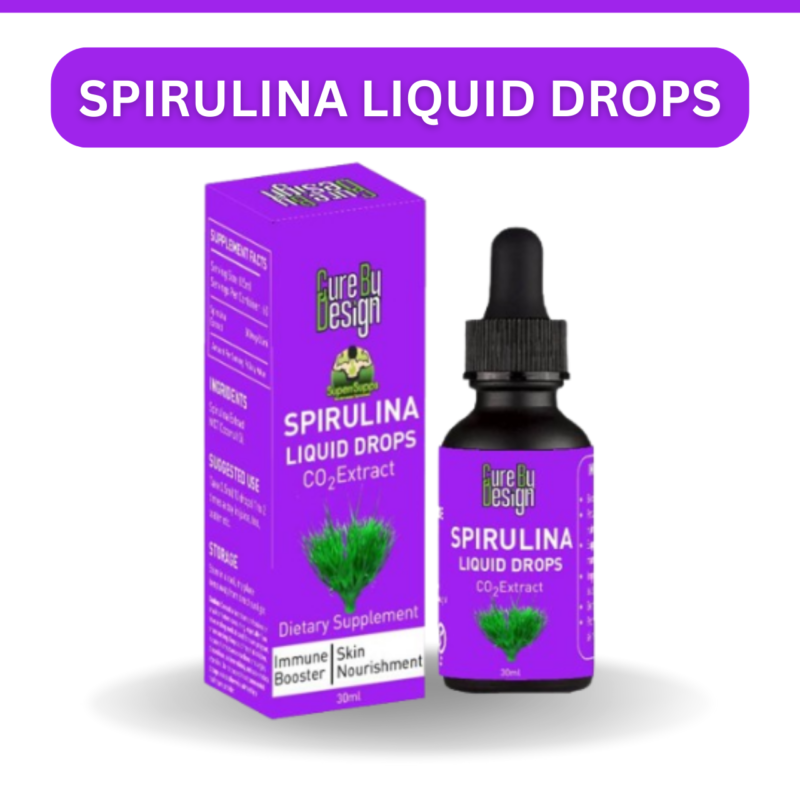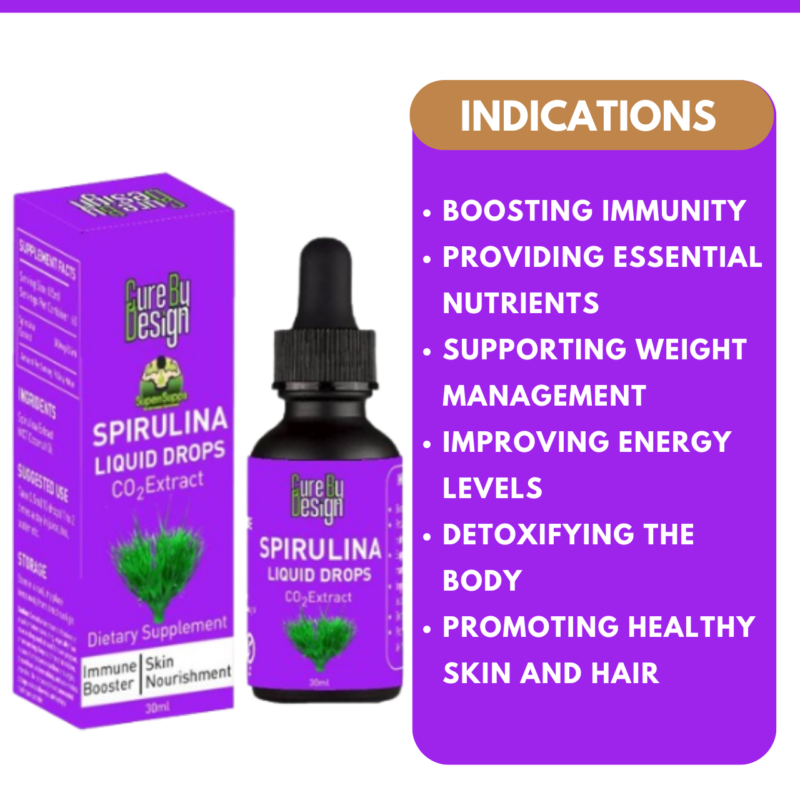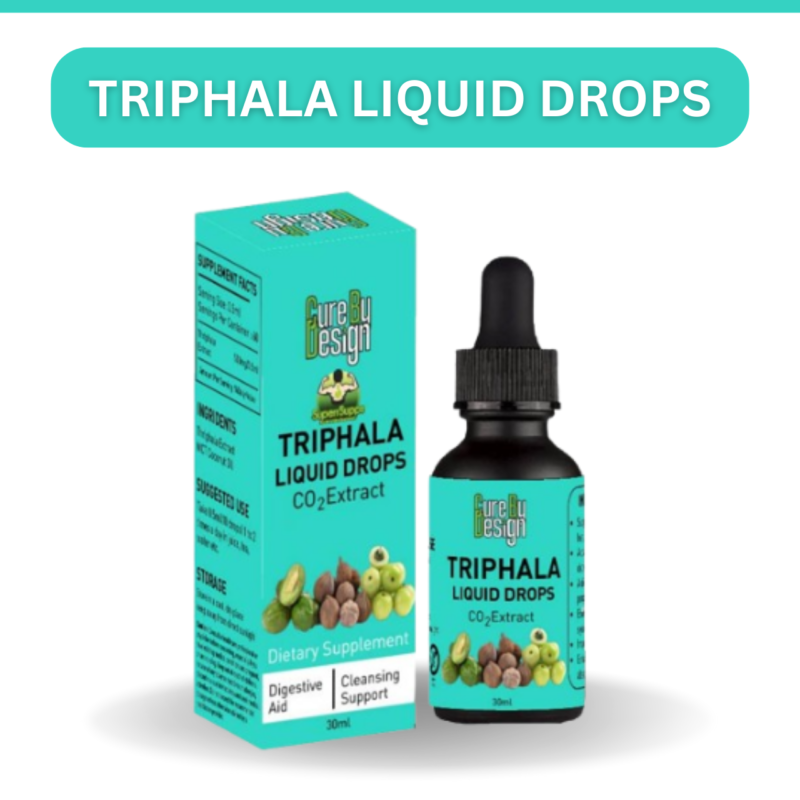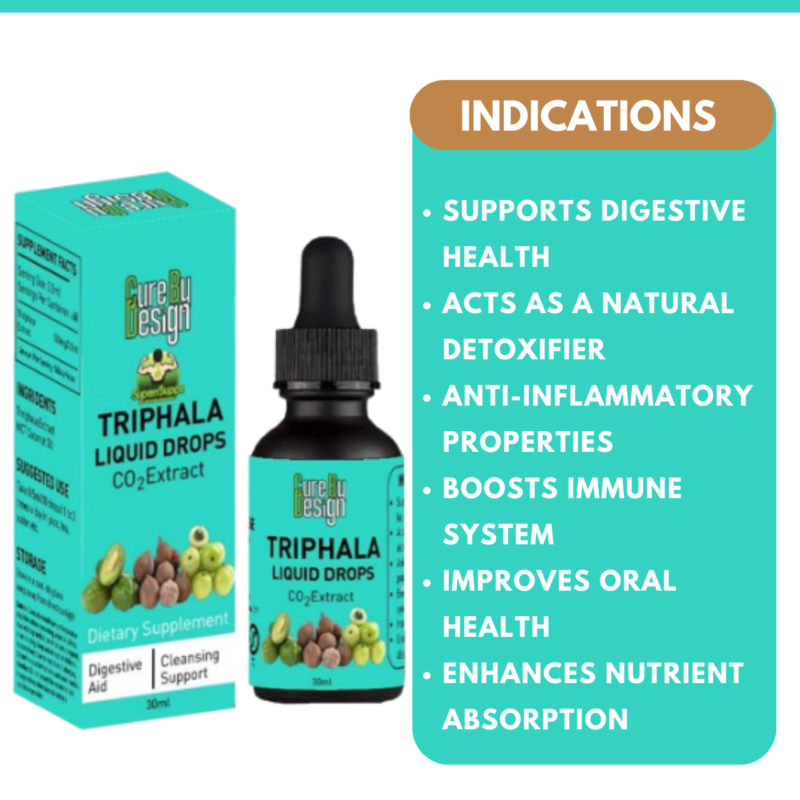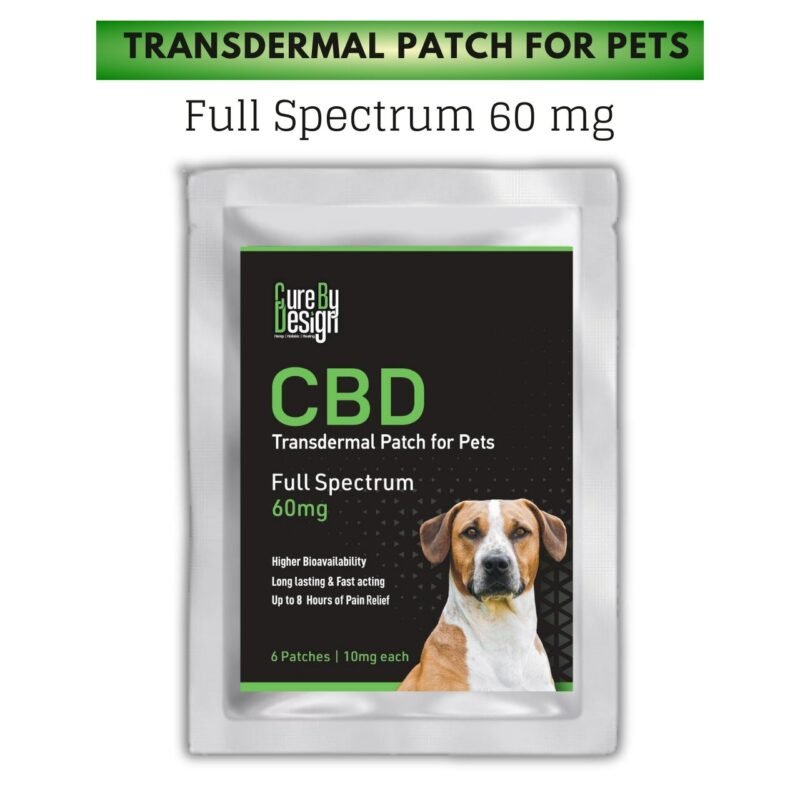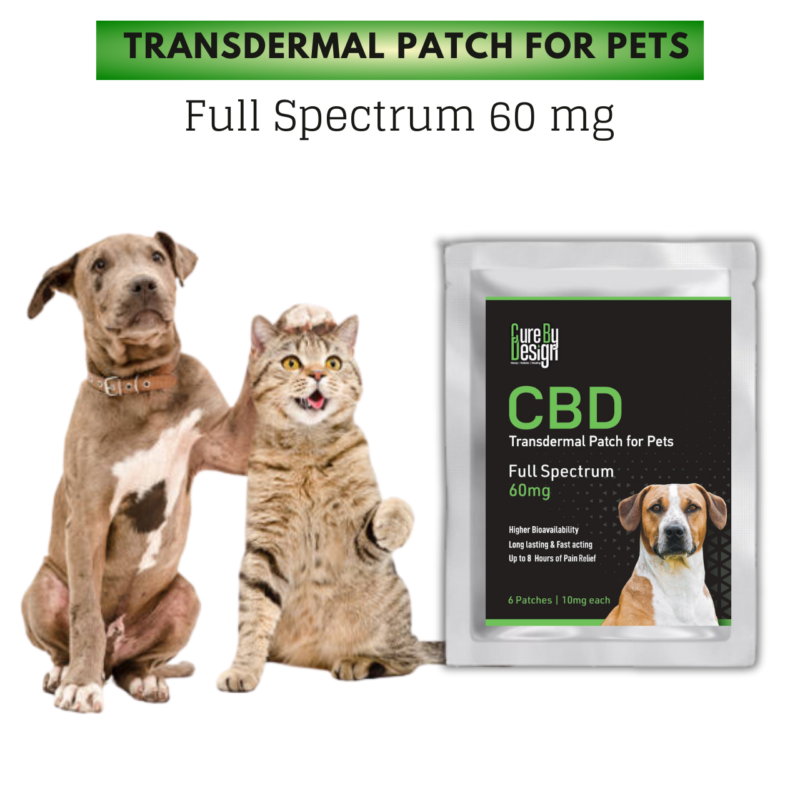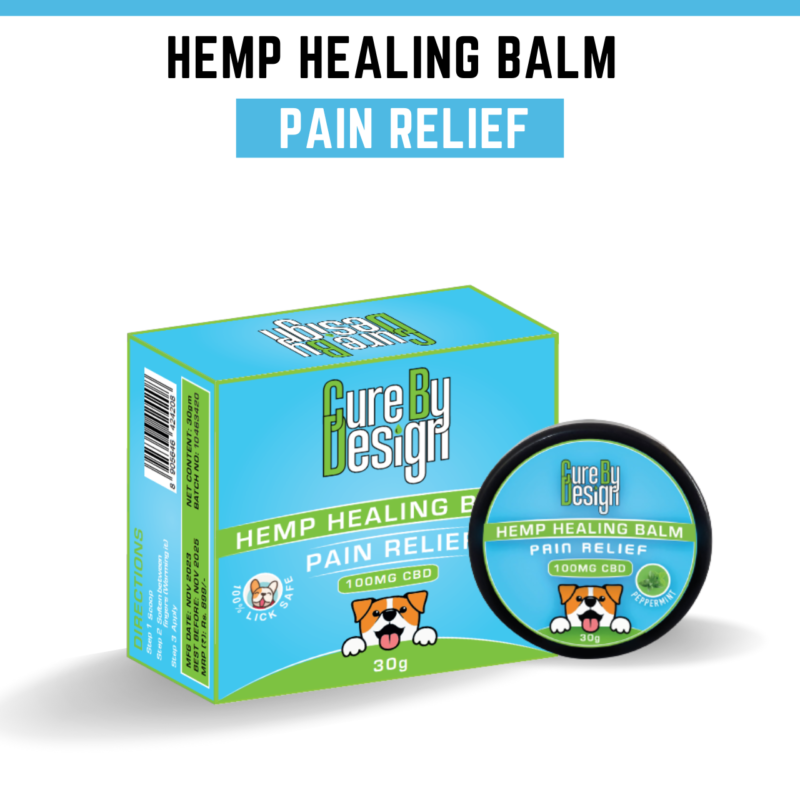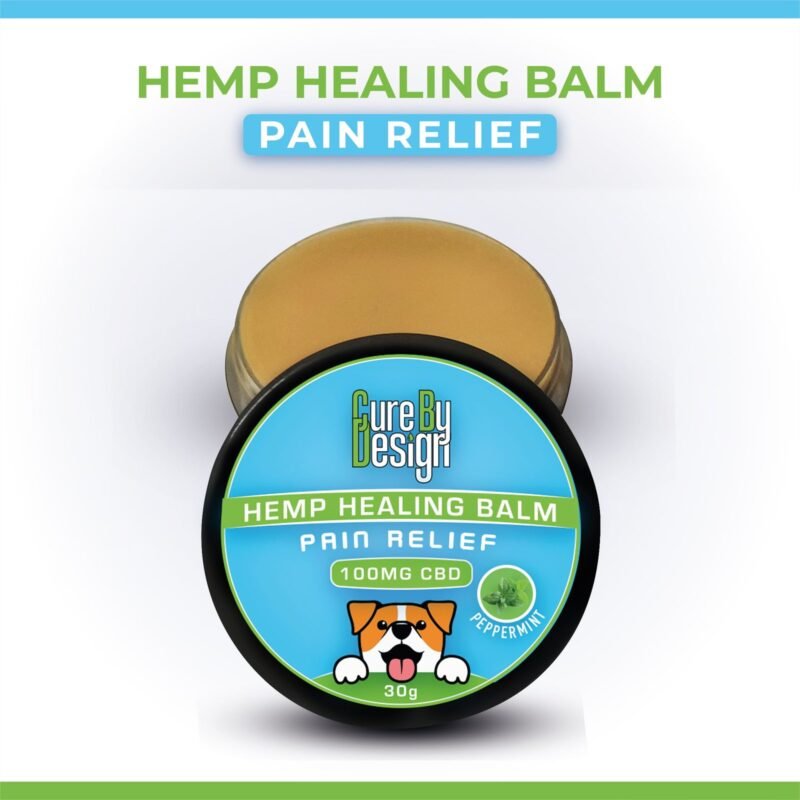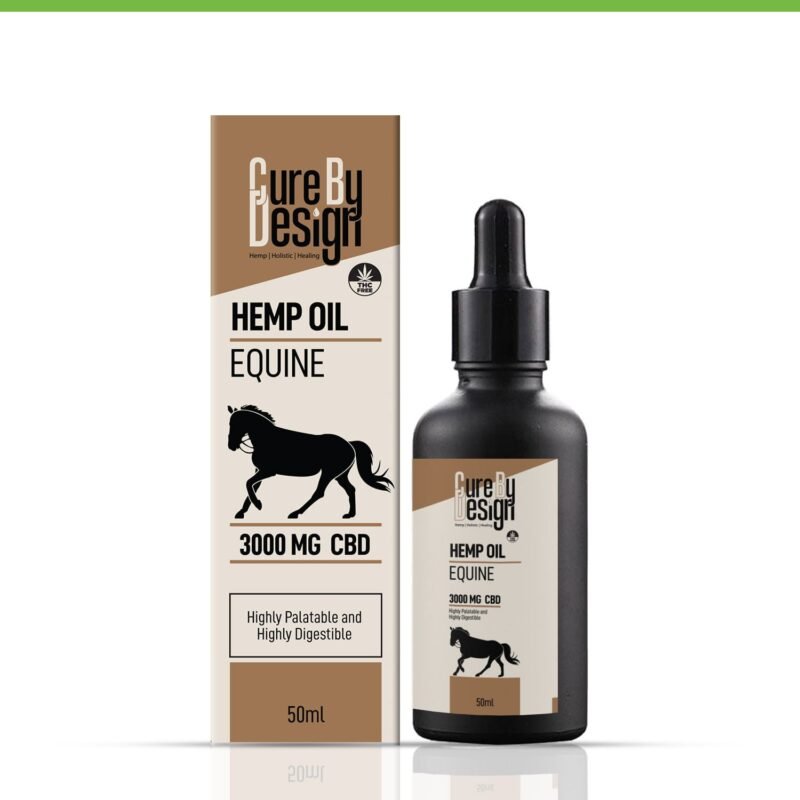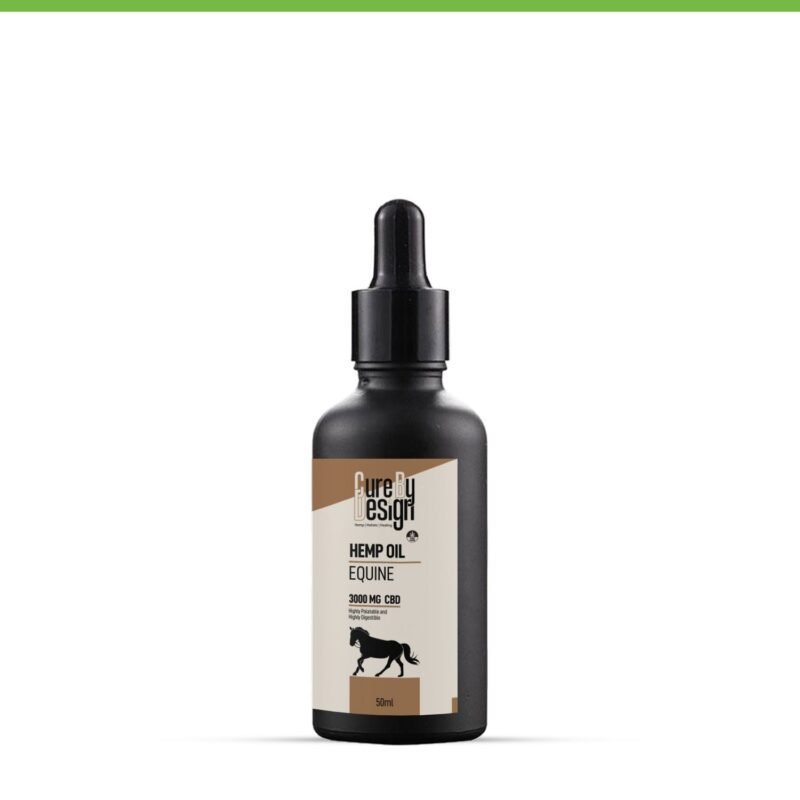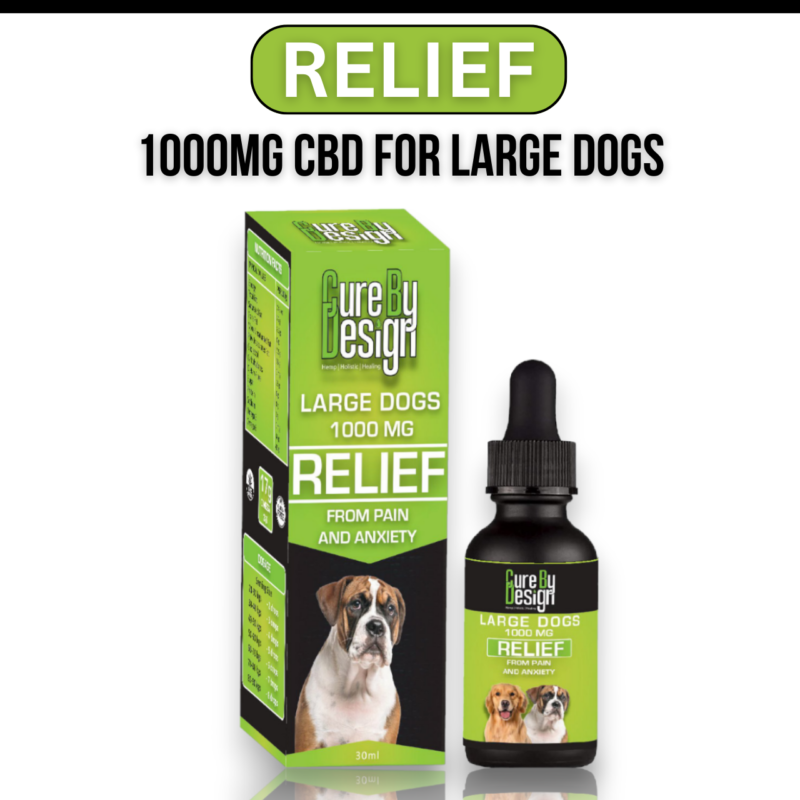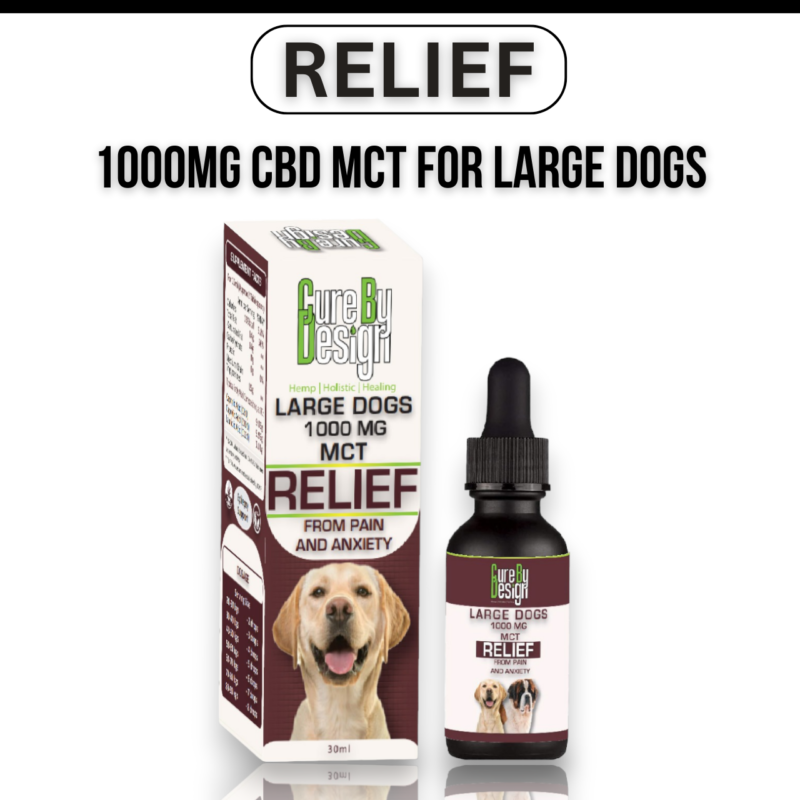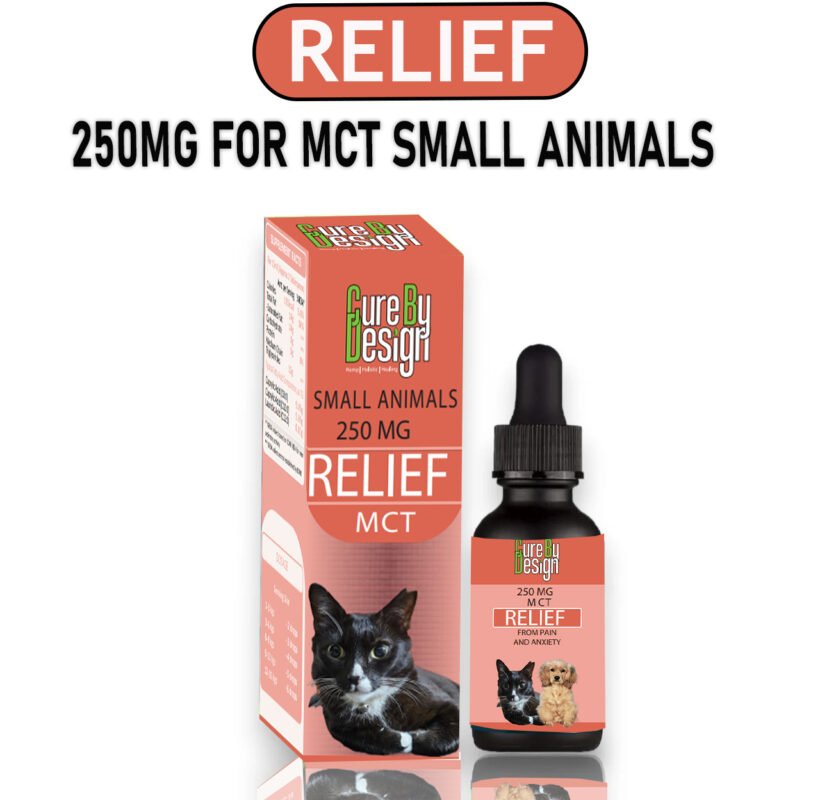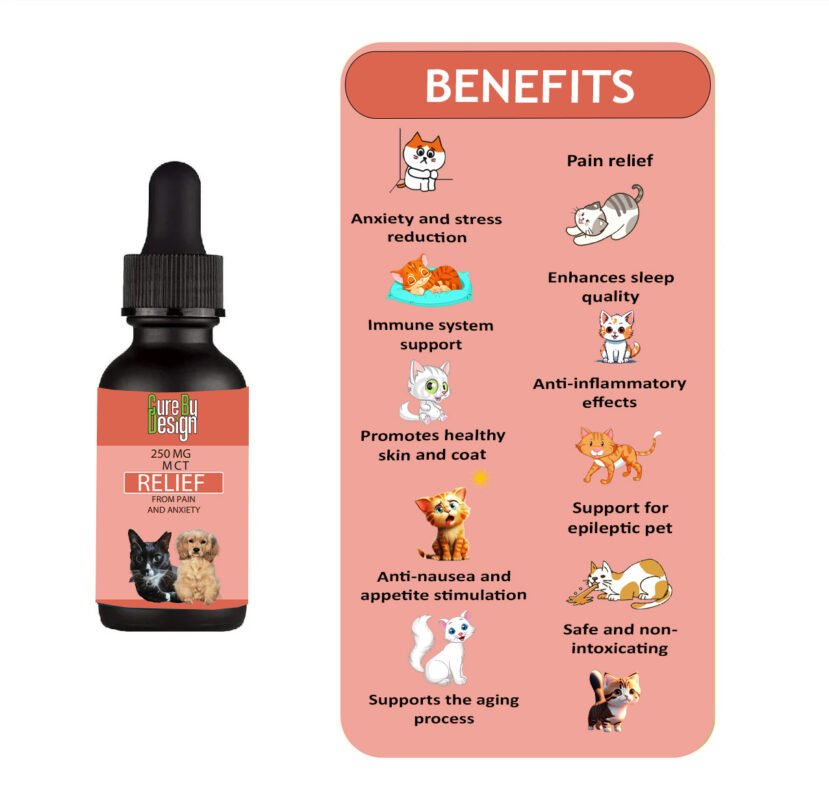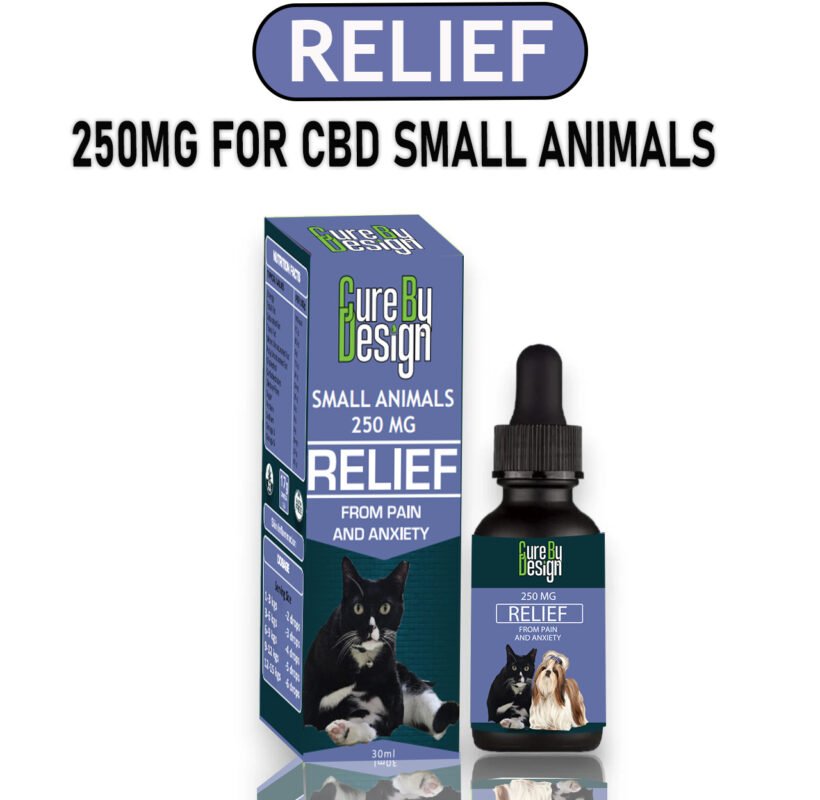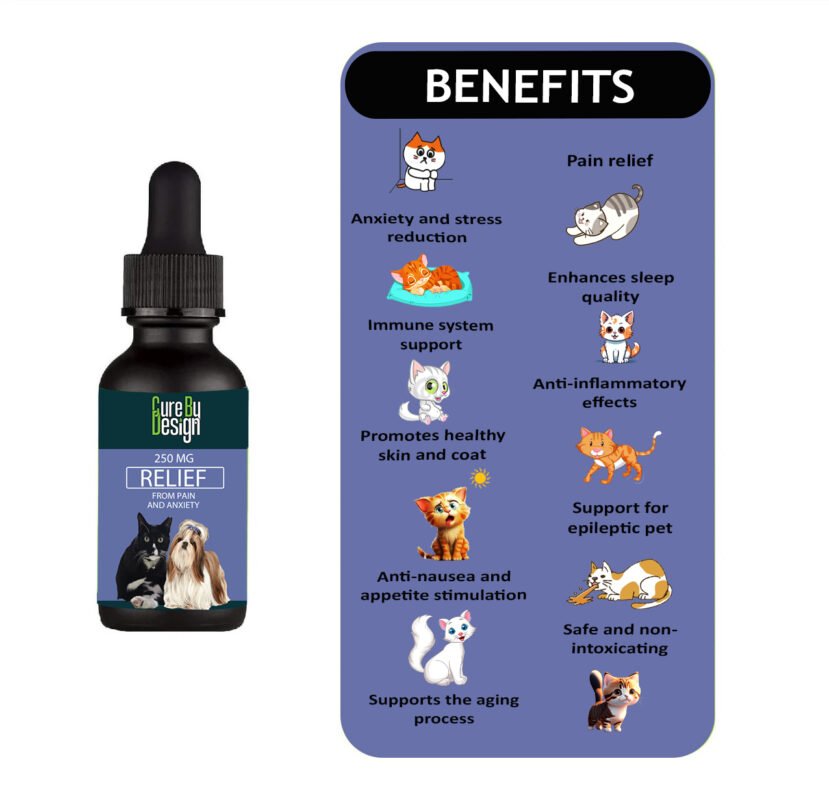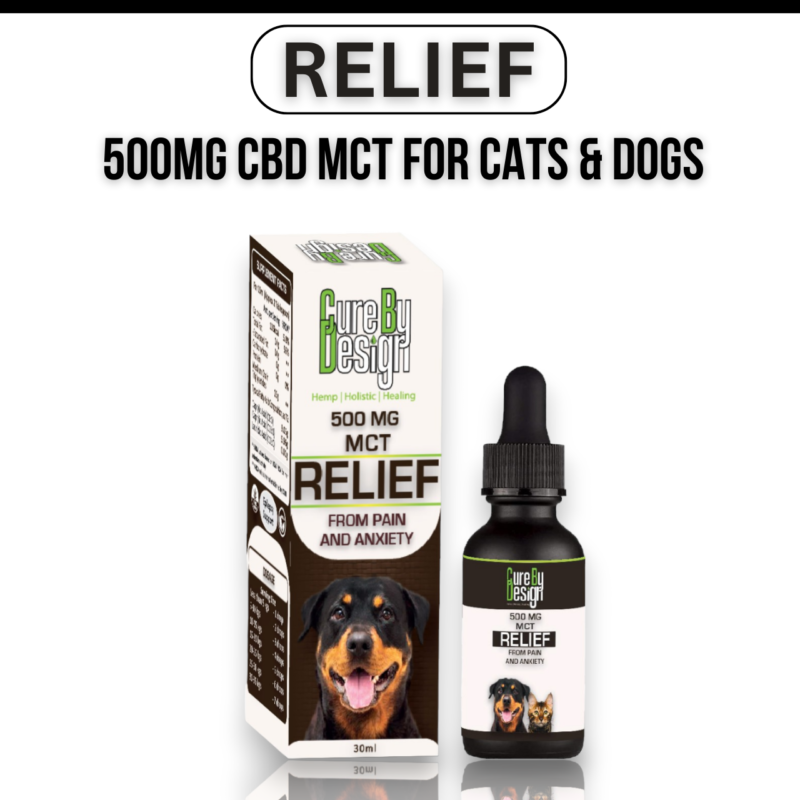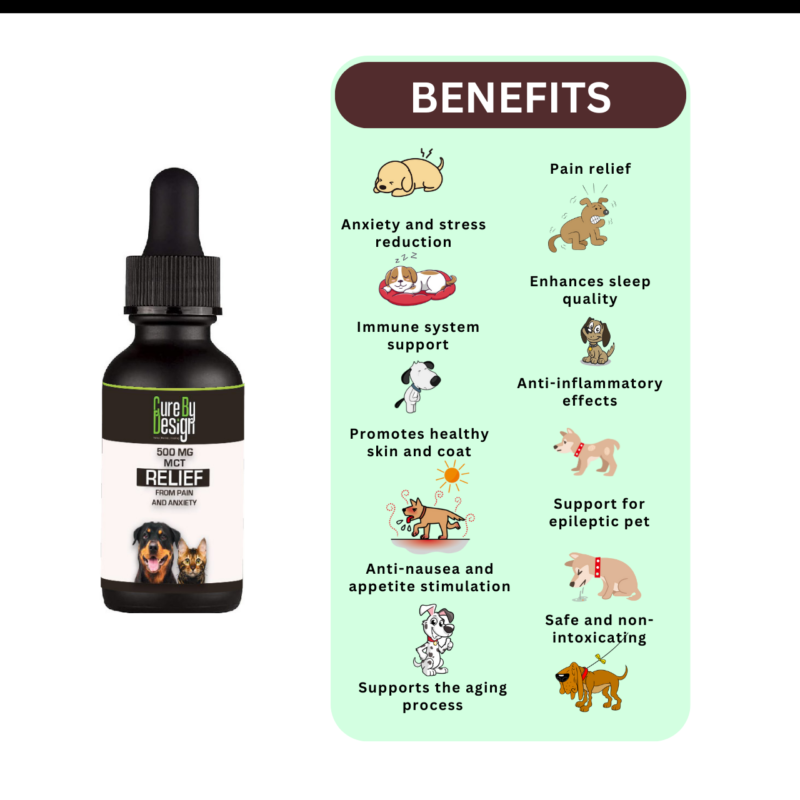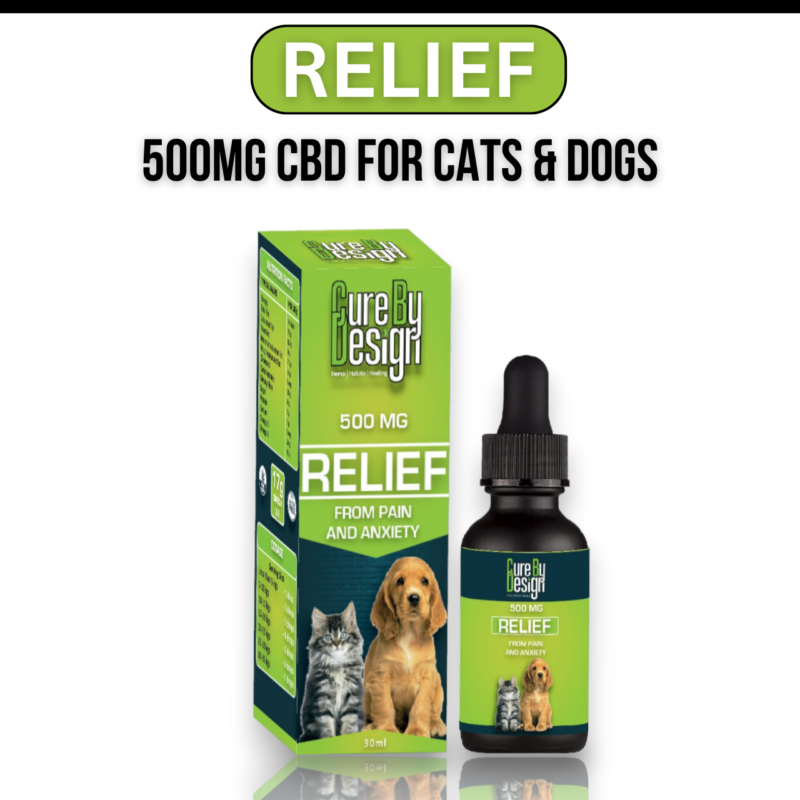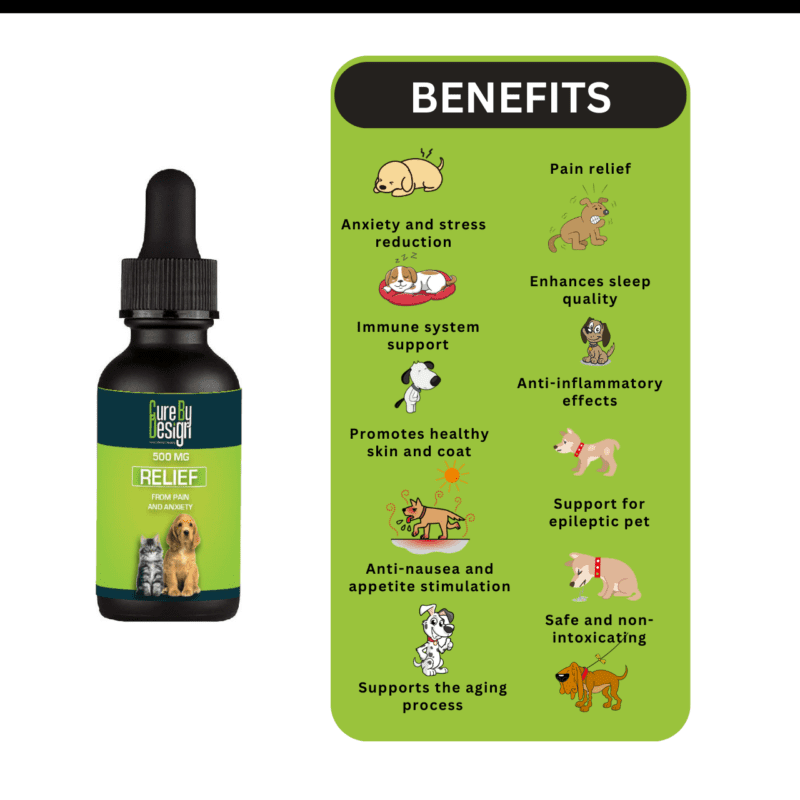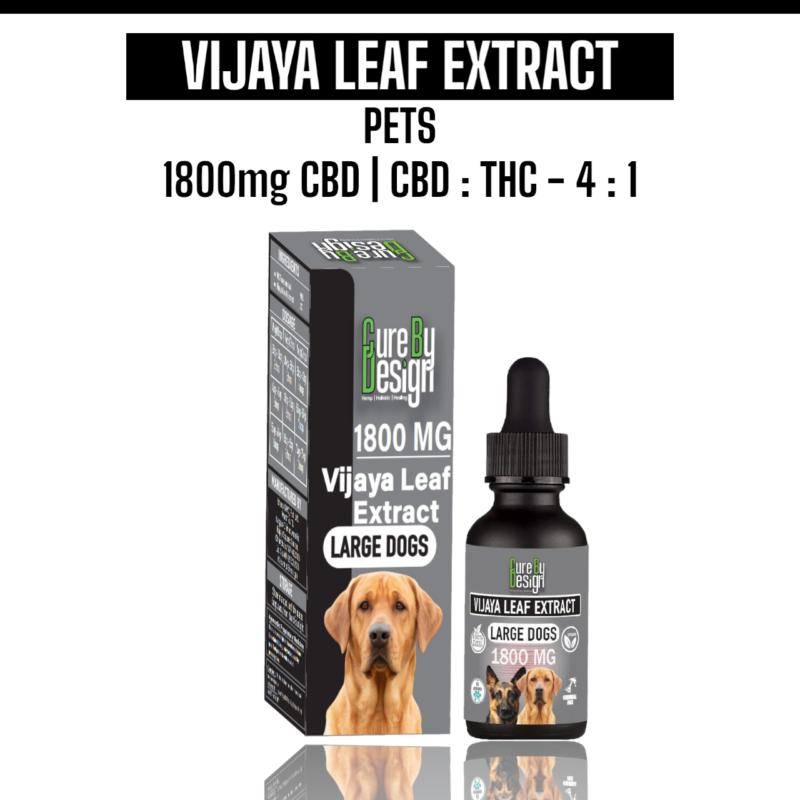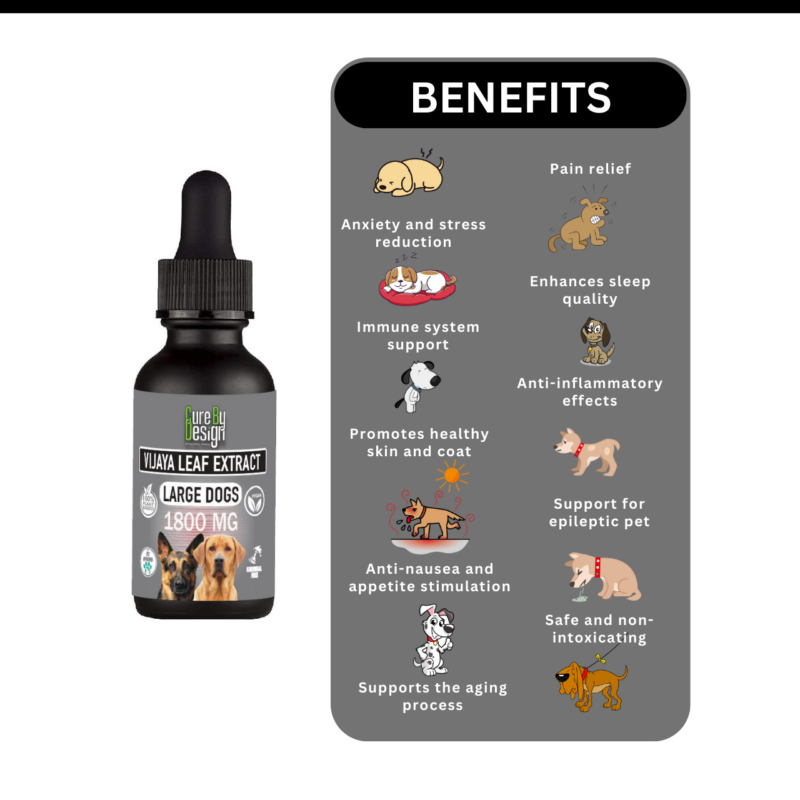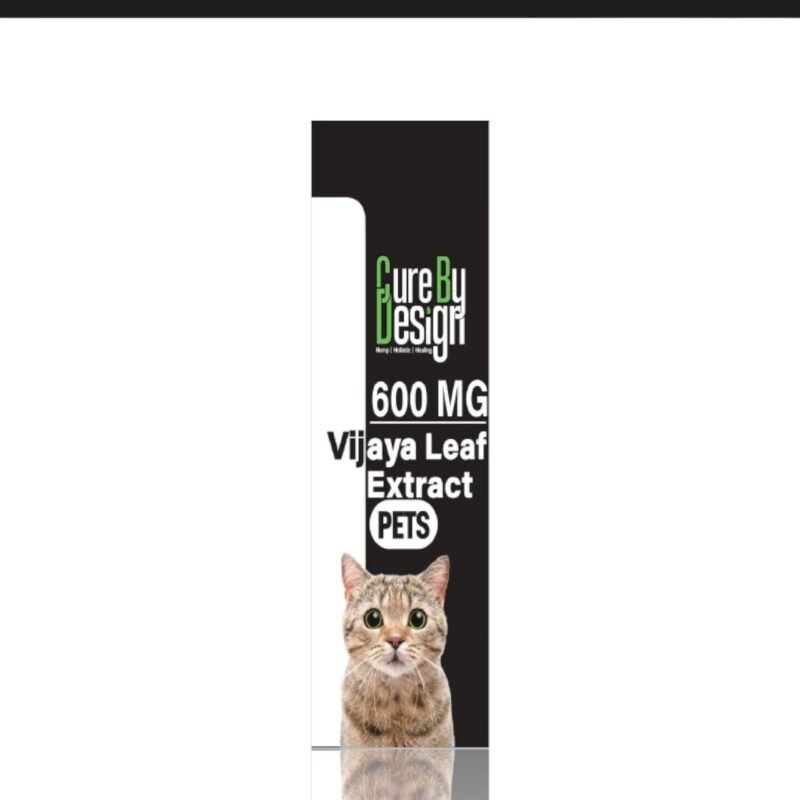How and Where to Buy CBD Oil in India in 2025

Table of Contents
- Overview of CBD Oil and Its Forms
- Legal Status and Regulations of CBD Oil in India 2025
- Different Types of CBD Oil Available in India
- Top Online Platforms to Buy CBD Oil in India
- Where to Find CBD Oil in Offline Stores
- Steps to Buy CBD Oil Safely in India
- Price Range and Product Options in the Indian Market
- Regulatory Bodies Governing CBD Oil Sales
- Consumer Tips and Safety Precautions
- Health Benefits and Common Uses of CBD Oil
- Challenges Facing the Indian CBD Market
- Future Trends and Market Outlook for CBD Oil in India
- Frequently Asked Questions
In 2025, buying CBD oil in India has become more straightforward due to clearer legal guidelines and licensed suppliers. Consumers can find a variety of products like full spectrum, broad spectrum, and pure CBD isolate oils through reputable online platforms such as Awshad, Cannavedic, and Cannazo India, all holding valid AYUSH licenses. It’s important to verify certifications and third-party lab reports before purchasing to ensure product quality. Offline options include Ayurvedic clinics and wellness centers that offer prescription-based or over-the-counter CBD products. Consulting healthcare providers is advised especially for THC-containing oils which require prescriptions. Overall, careful research helps secure safe and effective CBD oil in India today.
Overview of CBD Oil and Its Forms

CBD, or cannabidiol, is a natural compound found in the Cannabis sativa plant. Unlike THC, it does not produce any psychoactive effects, meaning it won’t cause a high. Most CBD is extracted from industrial hemp and cannabis plants, typically using clean methods such as CO2 extraction to ensure purity and potency. Once extracted, CBD is usually diluted with carrier oils like hemp seed oil or MCT oil to create CBD oil products. These oils come in various forms to suit different preferences and needs. Common options include tinctures and oils, which are liquid extracts taken orally; capsules and gummies, which offer convenient, pre-measured doses; and topicals like creams and balms, which are applied externally for localized relief and are generally THC-free. There are also pet-specific CBD products formulated without THC to keep animals safe. CBD oils are categorized based on their cannabinoid content: full spectrum oils contain all cannabinoids found in the plant, including trace amounts of THC, which work together to enhance effects through the ‘Entourage Effect.’ Broad spectrum oils offer multiple cannabinoids but generally no THC, appealing to those who want benefits without any psychoactive compound. Lastly, CBD isolate is pure cannabidiol with no other cannabinoids or THC, ideal for those seeking a THC-free experience. This variety of forms and formulations allows users in India to choose CBD products that best fit their wellness goals and legal considerations.
Legal Status and Regulations of CBD Oil in India 2025
In 2025, CBD oil is legally permitted in India under a clear regulatory framework that distinguishes products based on their THC content and intended use. Non-psychoactive CBD oils, which are THC-free, are generally available without a prescription and widely used for wellness purposes. However, CBD products containing THC fall under stricter controls regulated by the Ministry of Ayush and require a doctor’s prescription due to their psychoactive potential. Ayurvedic cannabis products, including those based on the traditional Vijaya formulation, are recognized and approved under Schedule E of AYUSH medicines, bridging modern regulations with India’s ancient medicinal practices. The Narcotic Drugs and Psychotropic Substances (NDPS) Act continues to restrict recreational cannabis use but permits medicinal cannabis under controlled conditions. Licensed manufacturers must comply with AYUSH guidelines and secure Good Manufacturing Practice (GMP) certification to ensure product safety and quality. Additionally, the Food Safety and Standards Authority of India (FSSAI) regulates hemp seed oils and certain over-the-counter CBD products, reinforcing safety in the edibles and supplements market. State drug authorities may impose extra regulations affecting local sale and distribution, so compliance can vary regionally. Online sales of CBD oils are legal when conducted by licensed brands with proper approvals, making it easier for consumers to access genuine products nationwide. Buyers should always verify product legality and the licensing status of sellers before purchasing to avoid unregulated or counterfeit offerings, which remain a concern in the market.
Different Types of CBD Oil Available in India

CBD oil in India comes in several forms catering to different needs and preferences. Full Spectrum CBD oils contain CBD, trace amounts of THC, terpenes, and flavonoids, which work together to enhance the overall effect, often called the Entourage Effect. Broad Spectrum oils offer multiple cannabinoids but with no detectable THC, making them a popular choice for those avoiding psychoactive compounds. For users seeking pure cannabidiol, CBD Isolate oils provide 100% CBD without any other cannabinoids or THC.
Medicinal CBD products with specific THC to CBD ratios, such as 2:1, 1:1, or 1:5, are available but require a doctor’s prescription and are typically used under medical supervision. Topical CBD products like creams, balms, and gels are applied externally and usually contain no THC, offering targeted relief for skin or muscle issues without systemic effects.
Capsules and gummies are convenient for dosing and come in both full spectrum and THC-free variants, making them suitable for beginners and those who prefer an easy, measured intake. Pet CBD oils are specially formulated to exclude THC for safety reasons and come in various concentrations tailored to different animal sizes and needs.
Traditional Ayurvedic cannabis preparations using Vijaya are also part of the market, regulated under the Ministry of AYUSH, blending ancient knowledge with modern standards. Additionally, consumers can find CBD products in different forms such as alcohol-based tinctures and oil-based extracts, allowing flexibility in administration and absorption.
Product strengths vary widely, from low concentrations ideal for newcomers to high-potency formulas for advanced users seeking stronger effects. This variety ensures that the Indian market in 2025 caters to a broad range of wellness and medical preferences under the country’s evolving regulatory framework.
Top Online Platforms to Buy CBD Oil in India
In India, several licensed brands operate official websites where consumers can safely buy CBD oil in 2025. Notable names like Awshad, Cannavedic, Cannazo India, Qurist, and Hempstrol hold AYUSH licenses and GMP certifications, ensuring their products meet strict quality and regulatory standards. These platforms provide more than just products; they often offer online doctor consultations, product quizzes to help select the right formulation, and full transparency of ingredients. Customers can also access third-party lab reports, known as Certificates of Analysis, which verify cannabinoid content and confirm the absence of contaminants. Pan-India delivery is standard across these websites, with discreet packaging to maintain privacy. Additionally, some e-commerce marketplaces such as Jiomart list licensed CBD products sold by verified sellers, offering another convenient avenue. Online pharmacies are emerging as well, mainly stocking THC-containing CBD oils that require prescriptions per Indian law. These platforms commonly feature customer reviews and educational resources, helping buyers make informed decisions. Return policies and customer support are usually in place to address concerns or product issues. While occasional discounts and promotions appear online, it is crucial to verify the authenticity of sellers to avoid unregulated or counterfeit products. Overall, purchasing from these certified online sources offers a reliable, safe, and user-friendly way to access quality CBD oil across India.
Where to Find CBD Oil in Offline Stores

In India, offline availability of CBD oil is mainly centered around Ayurvedic clinics and authorized medical shops stocking CBD products under the AYUSH ministry’s approval, often labeled as Vijaya formulations. These clinics provide access to traditional cannabinoid-based remedies, frequently tailored by Ayurvedic practitioners to suit individual health needs. Integrative medicine and wellness centers, including some hospitals with specialized departments, offer prescription-based CBD oils under medical supervision, ensuring patient safety and proper dosage. Metropolitan pharmacies may also carry licensed CBD products, although their presence depends heavily on state regulations and store permissions. Specialty holistic wellness stores are another offline option where consumers can find CBD oils, often with knowledgeable staff who can provide consultations and guide buyers on product types and usage. Health expos, wellness fairs, and pop-up events serve as direct points of contact between buyers and vendors, offering opportunities to verify product authenticity in person. When purchasing offline, it is important to carefully check product labels, licenses, and certifications to avoid unlicensed or low-quality products. The advantage of buying in person includes the ability to ask questions, confirm the legitimacy of the product, and receive guidance tailored to specific health concerns. However, availability varies widely due to differing local regulations and licensing requirements, so consumers should research their region’s rules and confirm the credibility of the store before buying CBD oil offline.
Steps to Buy CBD Oil Safely in India

When buying CBD oil in India, start by verifying that the brand holds a valid AYUSH license and GMP certification, which ensure the product complies with government regulations and manufacturing standards. Always request or check for third-party lab testing reports, known as Certificates of Analysis (CoA), to confirm the cannabinoid content, THC levels, and purity of the product. Consulting a healthcare professional is especially important if you plan to use products containing THC, as these require a prescription and medical guidance. Make sure you understand the product label thoroughly: check the CBD concentration, spectrum type (full, broad, or isolate), THC percentage, and all listed ingredients. Begin with a low dosage to assess your body’s tolerance and gradually increase the amount as needed. Avoid purchasing from unlicensed sellers, social media vendors, or unverified e-commerce sites, as these sources may offer unsafe or counterfeit products. Reading authentic customer reviews helps gauge the product’s efficacy and safety based on real user experiences. Always check the expiry date and follow proper storage instructions to maintain the oil’s quality. Confirm that the packaging is sealed and tamper-proof before use. Finally, keep a record of your purchase, including receipts and batch details, to facilitate returns or complaints if any issues arise.
- Verify the brand’s AYUSH license and GMP certification before purchasing.
- Request or check for third-party lab testing reports confirming cannabinoid content and purity.
- Consult a healthcare professional or use online doctor consultation services, especially for THC products.
- Understand product labels, including CBD concentration, spectrum type, THC percentage, and ingredients.
- Start with a low dose to assess individual tolerance and gradually adjust as needed.
- Avoid buying from unlicensed sellers, social media vendors, or unverified e-commerce platforms.
- Read authentic customer reviews to gauge product efficacy and safety.
- Check expiry dates and proper storage instructions to maintain product quality.
- Ensure the product packaging is sealed and tamper-proof.
- Keep a record of purchase and receipts for future reference or possible returns.
Price Range and Product Options in the Indian Market
The price of CBD oil in India varies widely based on several factors including concentration, spectrum type, brand reputation, and product form. Entry-level oils with low concentrations of 300 to 500 mg typically range from ₹1000 to ₹2000 for a 10ml bottle, making them accessible for those new to CBD or looking for mild effects. Medium-strength oils around 1000 mg generally cost between ₹2000 and ₹6000 per 10ml bottle, offering a balance between potency and affordability for regular users. High concentration oils, often between 3000 to 4500 mg, are priced significantly higher, from ₹6000 up to ₹15,000 or more, commonly available in 30ml bottles. These are suited for those needing stronger effects or therapeutic benefits. Full spectrum oils that contain trace amounts of THC usually come at a premium and require a prescription, reflecting their regulated status and added benefits from the entourage effect. Besides tinctures, other product forms like topicals (creams, balms, gels) and capsules start at around ₹1000, with prices increasing depending on additional ingredients or specialized formulations. For pet owners, CBD oils formulated for animals are available, typically priced between ₹1400 and ₹3000, depending on concentration and brand. Some premium brands enhance value by offering bundled packages or subscription discounts through online stores, which can help reduce costs for frequent users. However, prices may fluctuate due to factors like import duties, varying state regulations, and the scale of manufacturing, so it’s important for buyers to compare product details, lab results, and brand credibility rather than deciding solely on price. This approach ensures better value and safety when navigating the growing Indian CBD market.
<<300-500 mg<1000 – 2000<No<<1000 mg<2000 – 6000<No<<3000-4500 mg<6000 – 15,000+<Yes (if THC present)<<Varies<Higher than THC-free; varies by concentration<Yes<<N/A<From 1000 upwards<No<<Varies<From 1000 upwards<No<<Varies<1400 – 3000<No<<Varies<Varies with brand and quantity<Varies
Regulatory Bodies Governing CBD Oil Sales
In India, the sale and regulation of CBD oil fall under multiple authorities to ensure consumer safety and product quality. The Ministry of Ayush plays a central role, overseeing Ayurvedic cannabis-based products, including CBD oils categorized under Schedule E medicines. This means CBD products with medicinal claims or containing THC require strict licensing and prescription controls managed by Ayush. The Food Safety and Standards Authority of India (FSSAI) regulates hemp seed oil and certain over-the-counter CBD products, mainly those without psychoactive components, ensuring they meet food safety standards. Beyond these central bodies, State Drug Authorities impose additional rules related to sale, distribution, and pharmacy licensing, which can vary regionally, making compliance more complex. Manufacturing quality is monitored through Good Manufacturing Practice (GMP) certification, which licensed companies must obtain to demonstrate adherence to hygiene, safety, and consistent production standards. These companies are also required to file detailed documentation, including product labeling that clearly states CBD and THC levels, safety information, and usage instructions. For THC-containing cannabis products, AYUSH additionally regulates prescriptions and licensing, reflecting the controlled nature of psychoactive cannabinoids under Indian law. Import and export of CBD products are subject to customs scrutiny and narcotic regulations, limiting unauthorized cross-border trade. Third-party testing labs that verify product contents must operate under government guidelines for sample testing and transparent reporting, helping maintain product integrity. Since the regulatory framework is still evolving to keep pace with market growth and consumer safety concerns, buyers are advised to check for proper approvals and certifications before trusting or purchasing any CBD product. This multi-layered system aims to balance accessibility with caution, ensuring that consumers receive safe, genuine, and legally compliant CBD oils.
Consumer Tips and Safety Precautions
Before starting CBD oil, it’s important to consult a healthcare provider, especially if you are taking other medications or have existing health conditions. This helps avoid any potential interactions or side effects. If you are concerned about psychoactive effects or drug tests, choose THC-free or broad-spectrum products that contain no detectable THC. Always follow the dosage instructions on the label and avoid exceeding the recommended amount to reduce the risk of side effects such as fatigue, digestive changes, or mood shifts. Keep a personal log to track how your body responds to CBD, noting any benefits or adverse reactions. Be wary of products making unverified or exaggerated health claims, CBD is not a cure-all and should be used as part of a broader wellness plan. Pregnant or nursing women should avoid CBD unless specifically advised by a medical professional. For pets, use only pet-specific CBD oils and consult a veterinarian before administering to ensure safety and proper dosing. Store all CBD products in a cool, dark place to maintain their potency and prevent spoilage. Exercise caution when buying from unknown sellers or unregulated sources to avoid counterfeit or low-quality products. If you experience any adverse effects, report them promptly to your healthcare provider and appropriate regulatory bodies to ensure your safety and help maintain market standards.
Health Benefits and Common Uses of CBD Oil
CBD oil interacts with the body’s endocannabinoid system, which helps regulate various physiological processes. One of the more common reasons people turn to CBD is for anxiety and stress relief, as it may help calm the nervous system and promote a more balanced mood. Users often report improved sleep quality, with CBD supporting better sleep patterns and reducing symptoms of insomnia. It also acts as a natural pain reliever and anti-inflammatory agent, providing relief for conditions like arthritis and chronic pain without the side effects associated with traditional medications. Beyond pain management, CBD shows promise in supporting neurological conditions such as epilepsy and neurodegenerative diseases, though research is still ongoing. Digestive health is another area where CBD may help by regulating appetite and easing gastrointestinal discomfort. Topical applications of CBD oil are popular for skin issues like acne, eczema, and inflammation, offering localized relief without systemic effects. Pet owners also use CBD oils to calm anxiety, improve mobility, and support overall wellness in their animals. Some users notice benefits in mood stabilization and cognitive function, but it’s important to understand that CBD is not a cure for any condition. Current evidence supports its role primarily in symptomatic relief, and long-term effects require further study. Incorporating CBD oil should be done thoughtfully, ideally as part of a broader wellness or treatment plan under professional guidance.
Challenges Facing the Indian CBD Market
The Indian CBD market faces several challenges that slow its growth and acceptance. One major issue is the complex regulatory environment caused by overlapping laws from the Ministry of Ayush and the NDPS Act. This creates confusion for both consumers and sellers about what products are legal and how to access them. For example, THC-containing CBD oils require a mandatory prescription, which limits consumer access and increases dependency on medical consultations. This prescription barrier can discourage casual users or those seeking wellness products from trying full-spectrum options. Another significant concern is the prevalence of unregulated and unlicensed sellers in the market. These sellers often offer counterfeit or low-quality products, posing risks to consumers’ health and leading to mistrust in CBD products overall. Social stigma around cannabis products remains strong in many parts of India, further discouraging open discussion and wider acceptance of CBD oil. This cultural hesitation impacts consumer willingness to explore CBD as a health option. Price is another limiting factor, premium, licensed CBD oils generally come at high price points, making them unaffordable for many potential users. This restricts market growth to a more niche audience. Additionally, limited consumer awareness about correct usage, product types, proper dosing, and realistic benefits reduces confidence in trying or sticking with CBD products. The lack of standardized labeling and inconsistent product information also contributes to consumer hesitation and mistrust. Supply chain and distribution challenges add another layer of difficulty, especially for offline retail. Regulatory scrutiny and licensing requirements make it hard for physical stores to stock and sell CBD products freely. Healthcare professionals often lack adequate knowledge about CBD, which slows its integration into mainstream medical advice and limits patient referrals. Finally, limited research and clinical data focused on Indian populations restrict confident medical endorsements and hamper innovation tailored to local needs. These combined factors create a market that is legal but cautiously growing, with many hurdles still to overcome.
Future Trends and Market Outlook for CBD Oil in India
The CBD oil market in India is set to evolve significantly by 2025, driven by gradual regulatory relaxation and clearer guidelines that will improve transparency and consumer access. Licensed manufacturers are expanding their portfolios, offering a wider variety of full spectrum, broad spectrum, and isolate CBD products to meet diverse consumer needs. Online platforms are becoming more sophisticated by integrating doctor consultations alongside lab-verified product listings, boosting consumer confidence and making safe purchases easier. Another notable trend is the rising incorporation of CBD oil into Ayurvedic and holistic wellness treatments, reflecting India’s natural health traditions and gaining acceptance among holistic practitioners. Product innovation is also broadening, with more edibles, topicals, pet care products, and specialized CBD formulations targeting specific health conditions entering the market. Brands and government bodies are investing in consumer education through campaigns and resources, helping users understand proper use and benefits. As the market matures, increased competition will likely drive prices down, making CBD oil more affordable across different segments. Growing clinical evidence is encouraging more healthcare professionals to embrace CBD as a complementary treatment, which, along with the development of streamlined state-level policies, will support wider offline availability. India’s favorable climate and rich traditional knowledge position it well to become a major hub for hemp cultivation and CBD product exports, potentially turning the country into a global player in this sector.
Frequently Asked Questions
1. Is CBD oil legal to buy and use in India in 2025?
Yes, CBD oil derived from hemp with less than 0.3% THC is generally legal in India in 2025. However, it’s important to check updated government regulations and ensure the product meets legal standards.
2. How can I make sure the CBD oil I buy in India is safe and authentic?
To ensure safety, look for products that have lab reports verifying purity and cannabinoid content. Buying from reputable brands or certified sellers who provide third-party testing results helps avoid counterfeit or low-quality oils.
3. What should I look for when choosing the best form of CBD oil for my needs?
Decide based on your preference and lifestyle. Full-spectrum oils contain multiple cannabinoids, offering a broader effect, while CBD isolate contains only CBD. Also consider dosage, carrier oils, and any added ingredients for specific benefits.
4. Where can I buy CBD oil online in India without facing legal issues?
You can buy CBD oil from Indian websites that comply with local laws and offer third-party lab tests. Avoid international sellers who ship without proper certifications or whose products contain higher THC levels than allowed.
5. Are there any health risks or side effects I should be aware of before using CBD oil?
CBD oil is generally well-tolerated, but some people may experience mild side effects like fatigue, dry mouth, or changes in appetite. It’s a good idea to start with a low dose and consult a healthcare professional if you have underlying health conditions or take other medications.

